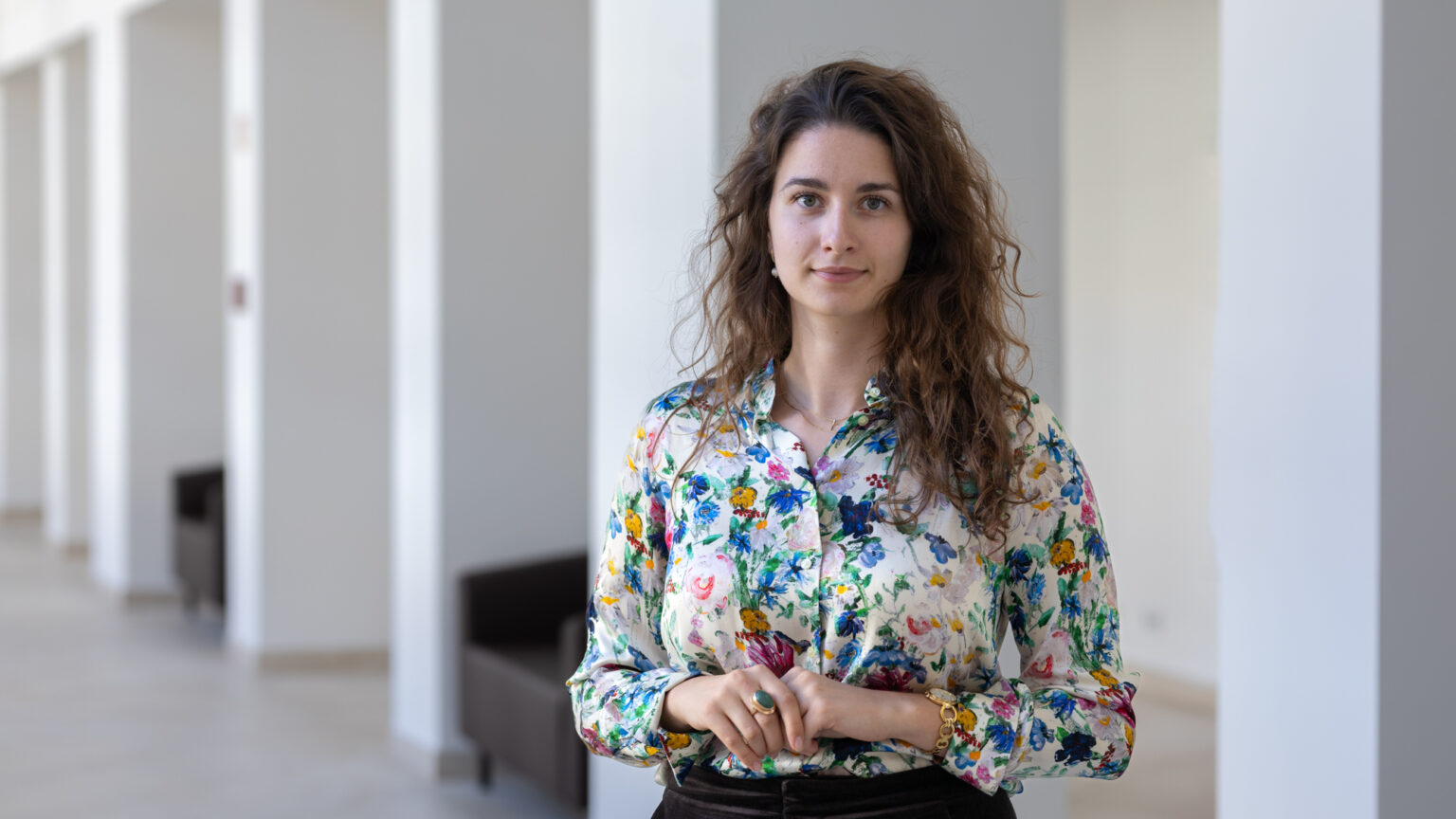
‘Hungary, and Ludovika in particular, can become a regional leader in building these connections and advancing joint research, education, and development projects with our Turkic partners,’ Director General for International Relations at Ludovika University Liliana Śmiech told Hungarian Conservative.
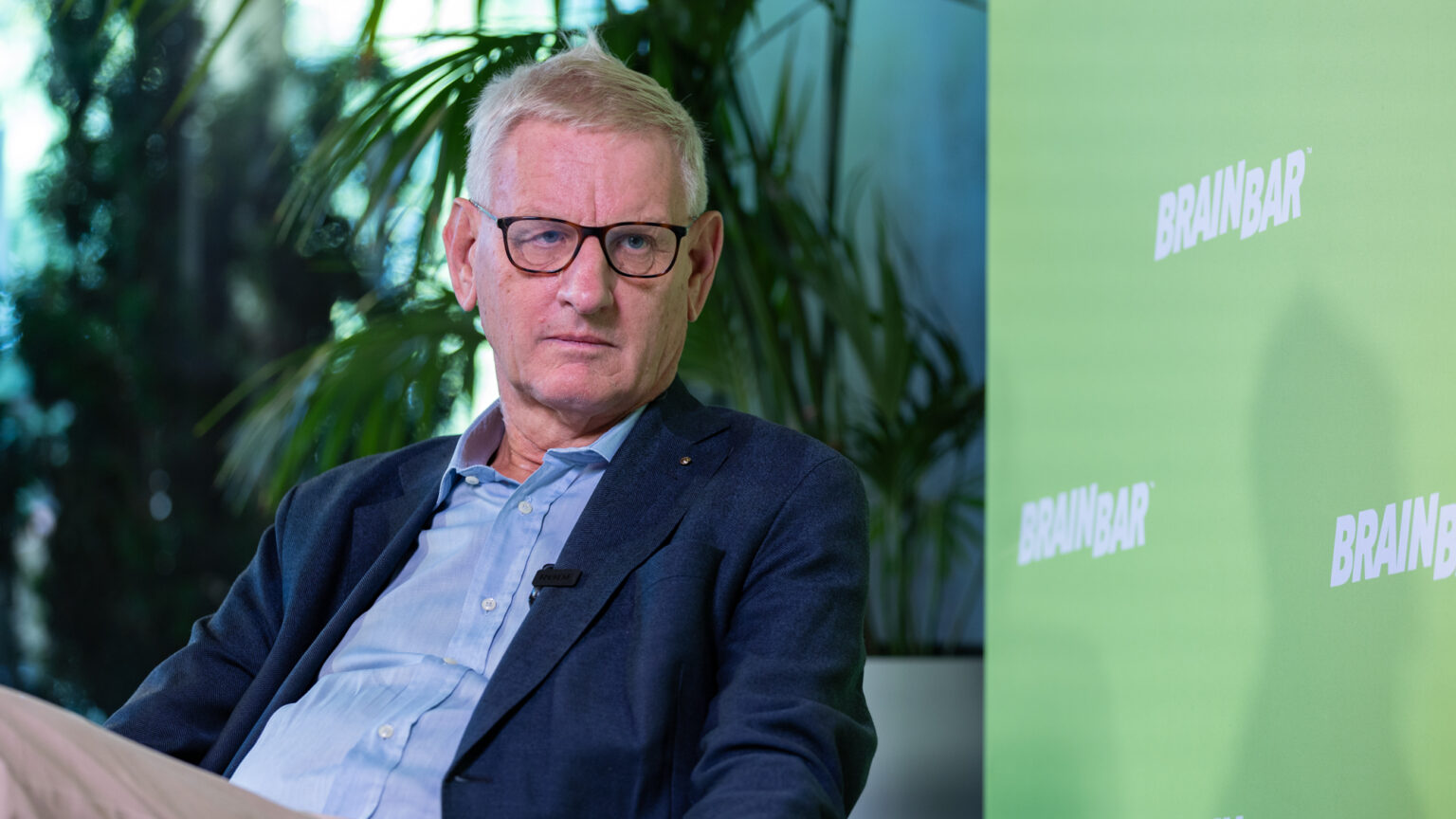
What could be Europe’s future: a decline, or a new golden age? How imminent is the Russian threat to Europe? How does Sweden view Hungary’s fight for sovereignty? We asked former Prime Minister of Sweden Carl Bildt about Europe’s bright or dark future at Brain Bar 2025 in Budapest.
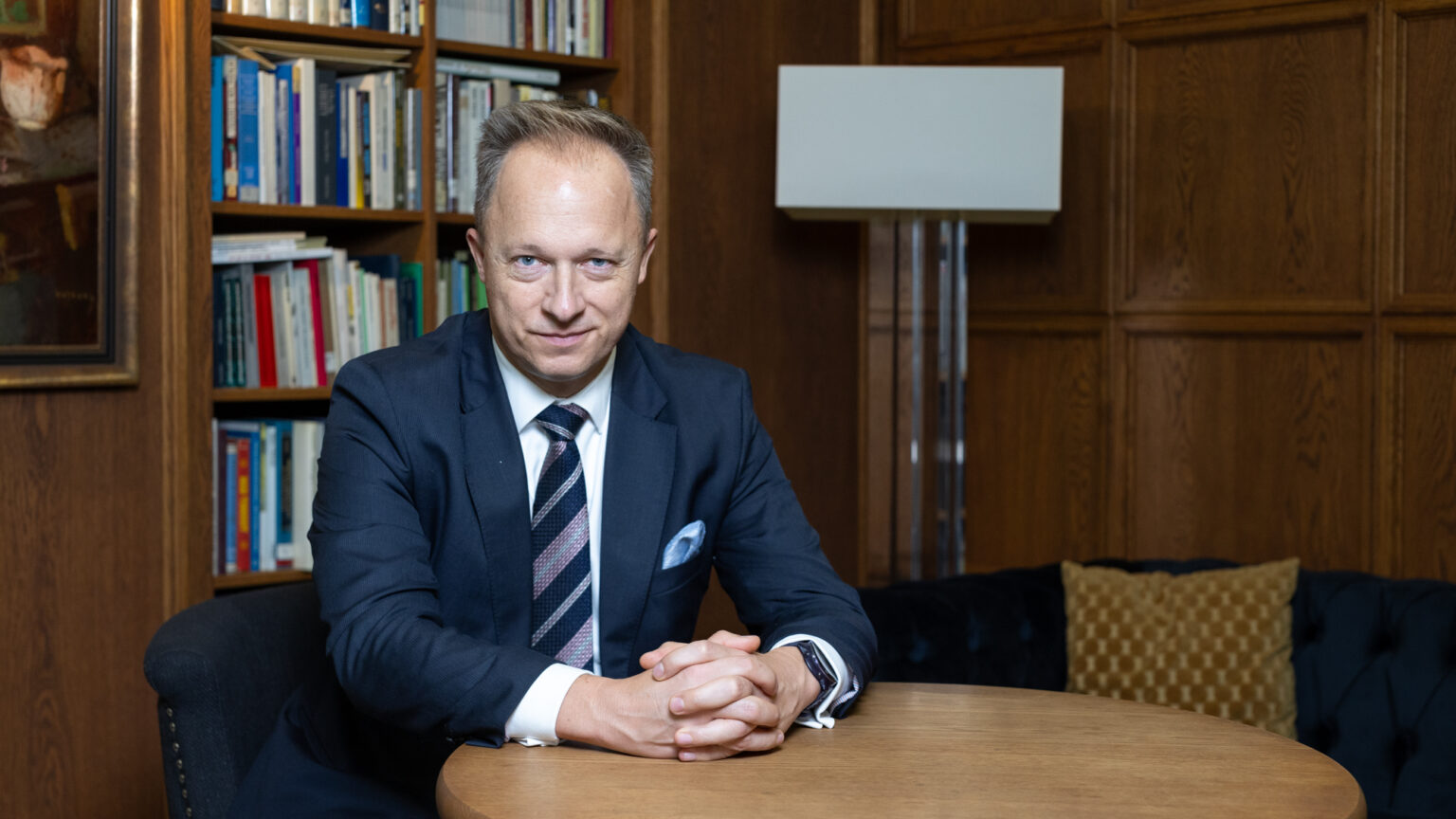
‘[Prime Minister Margaret Thatcher’s] 1984 visit was more significant than anyone might imagine today…suddenly, we had this very well-known, very characteristic Western leader visiting Hungary—specifically Budapest—and walking around like a normal human being. That had a real impact. And of course, the Great Market Hall visit was key to these memories.’
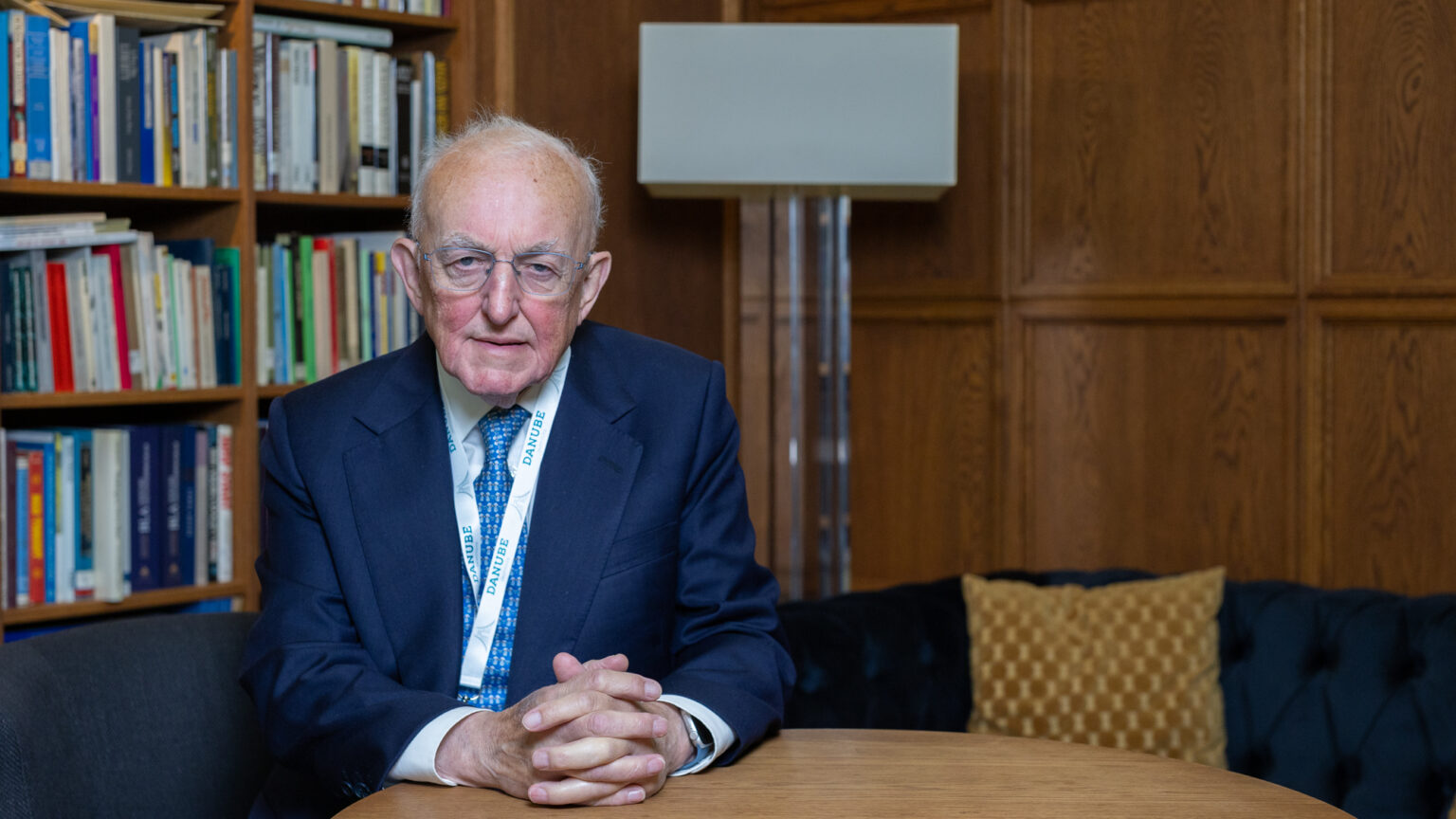
What were the main characteristics of Margaret Thatcher’s personality? What was the greatest hardship she had to face in government? What was the most important political achievement she was proud of? We asked the Iron Lady’s former chief policy adviser about the nature of Thatcherism at the Danube Institute’s Thatcher conference.
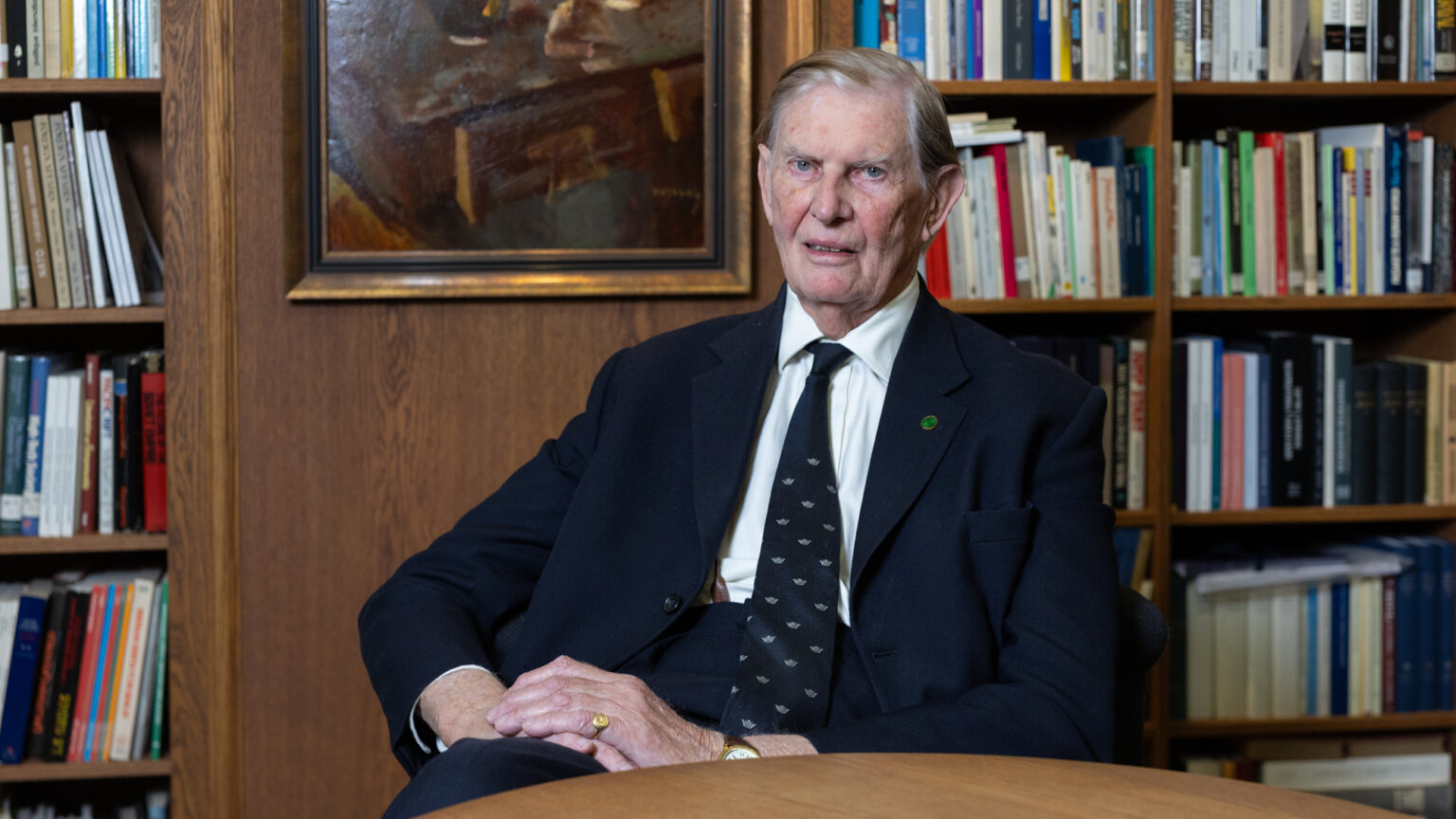
‘She had a huge belief in the sense of independence…which your Prime Minister has as well: national identity, determination to secure your borders, and the right to govern yourselves. You have a dilemma, which is the one that she had at the time before she left Parliament—she was in a European community, just as your Prime Minister is now in a European Union.’
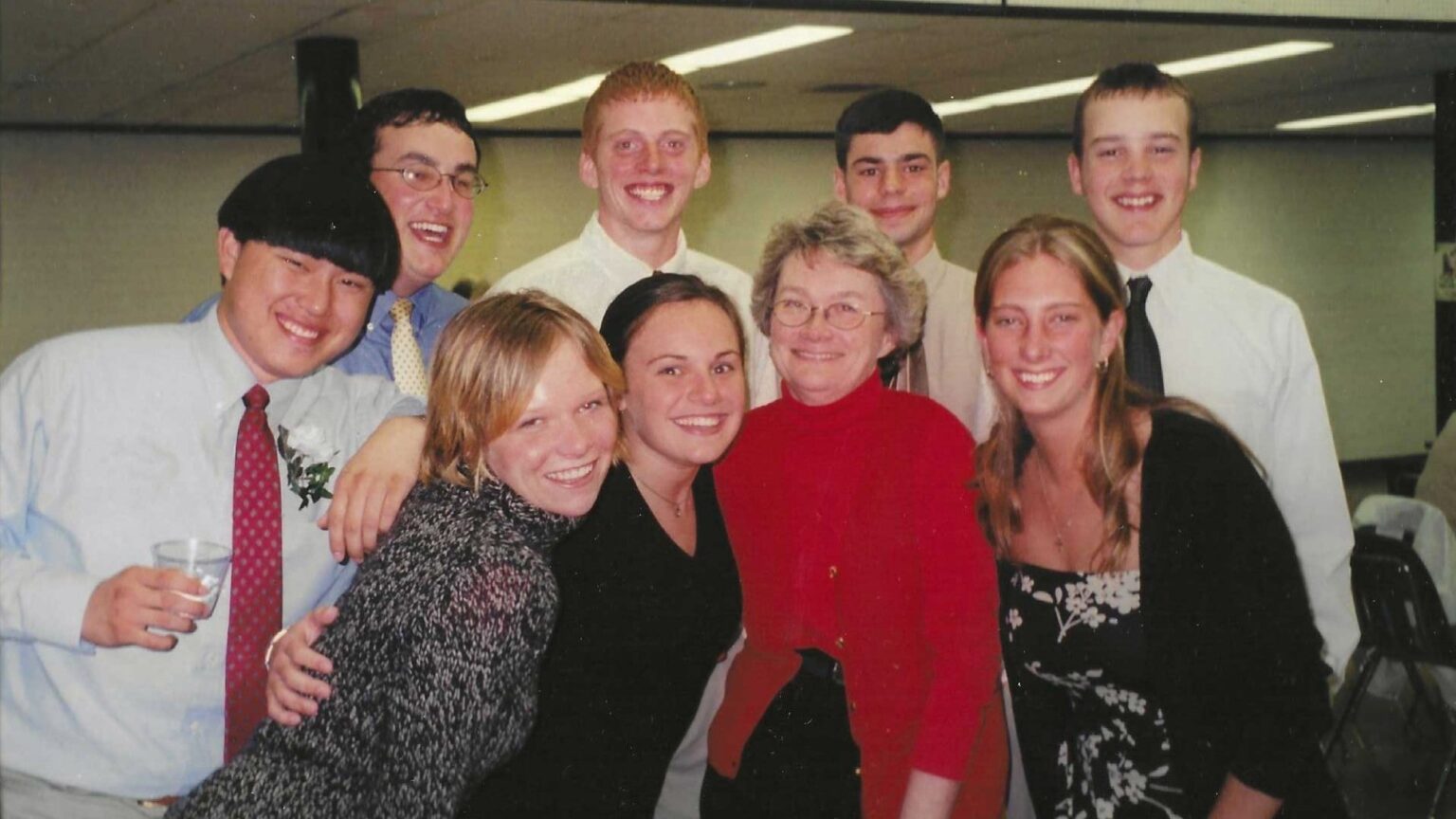
‘I believe that anyone who comes here values Hungarian identity, including young people present here, and we should appreciate that…The children’s program started because parents wanted to attend the lectures. That’s why it’s so important that it continues, and that’s why I committed to it for so long. But a person must also know when to stop.’
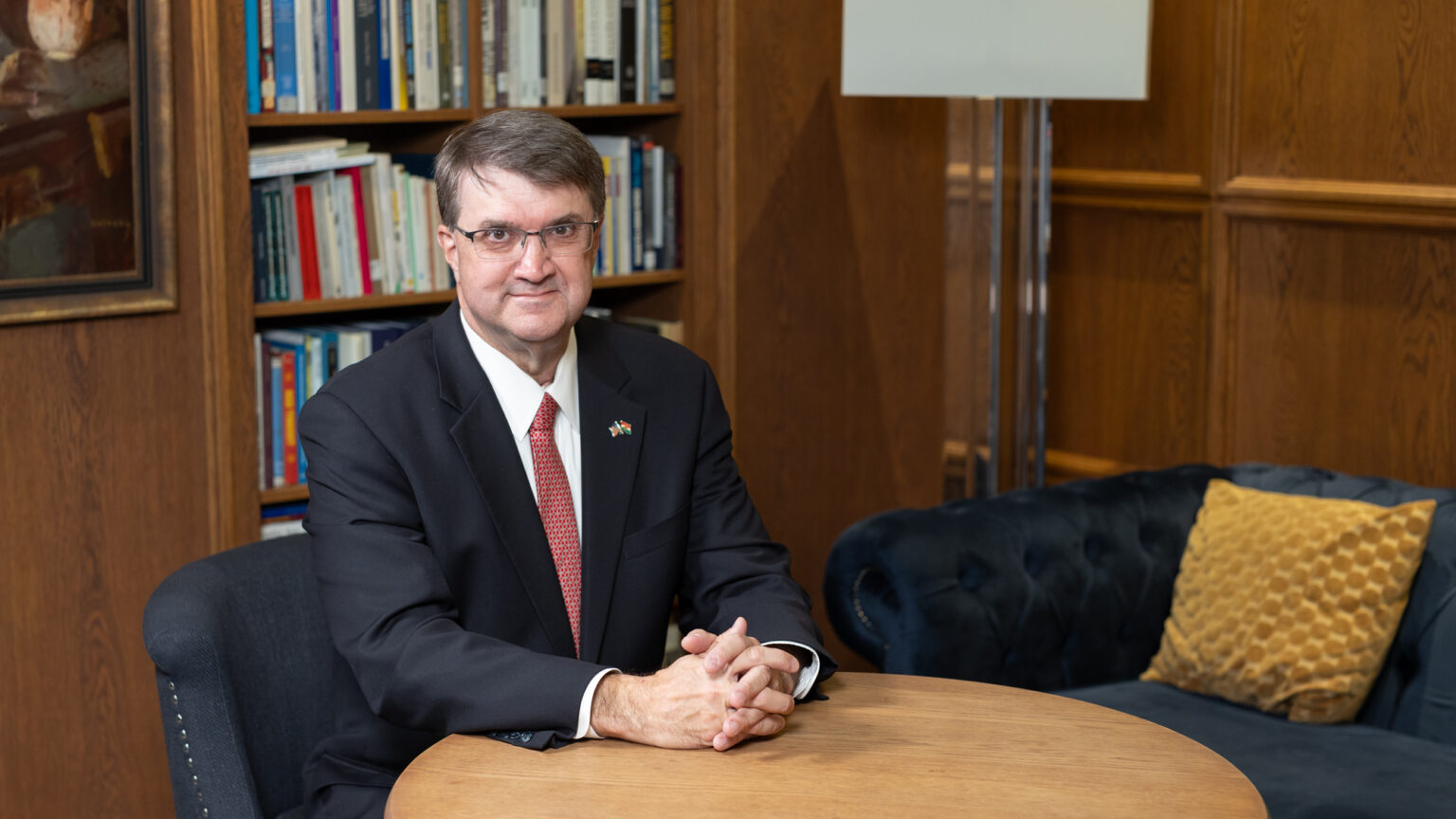
What tools of pressure does Trump have to deploy against Russia if diplomacy fails? Is the United States’ support for Israel infinite? Could Hungary switch from Russian energy to American? What is the future of Europe? We asked former United States Secretary of Veterans Affairs Robert Wilkie about Trump’s three unresolved geopolitical games.
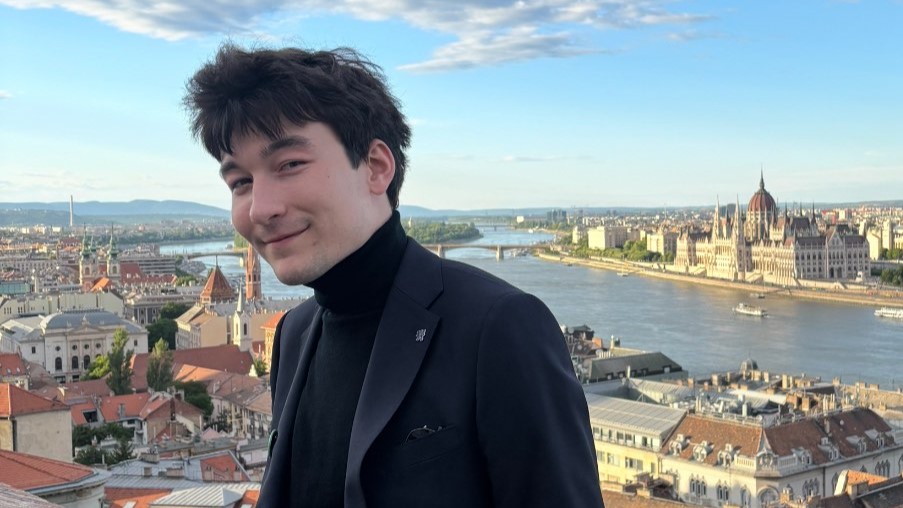
‘Politically-involved people in the West will encounter different problems in their own national landscapes, but they may find they have a lot to learn from the failures, successes and general proceedings in other countries.’
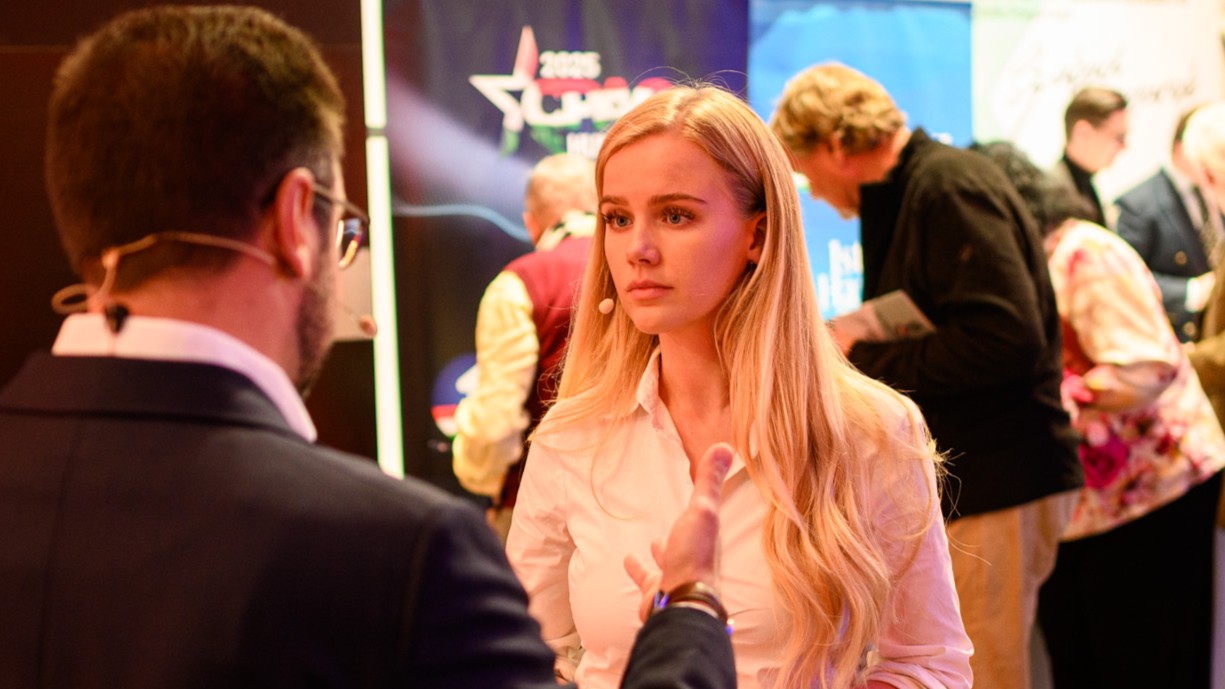
‘It is something we should all stand behind, work toward, and relentlessly pressure our political elites to pursue,’ Eva Vlaardingerbroek told Hungarian Conservative. The Dutch conservative activist and political commentator argued that remigration is the single decisive step European leaders must take to reverse the continent’s trajectory.
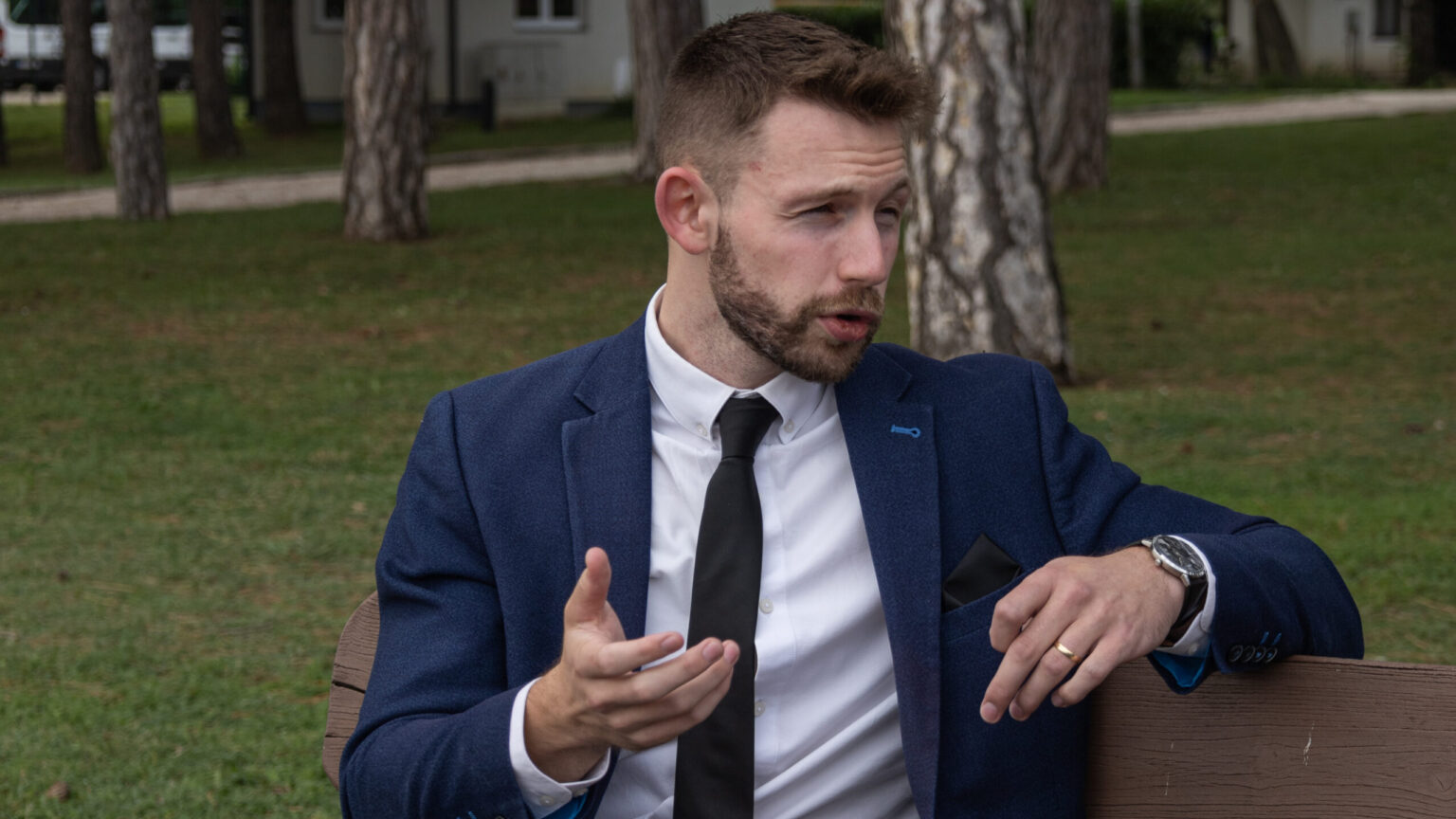
Reform UK is emerging as the only political force capable of addressing Britain’s existential crises, says conservative commentator Connor Tomlinson. In an interview with Hungarian Conservative, he predicted the party would eclipse both Labour and the Conservatives by tackling migration head-on and restoring national sovereignty.
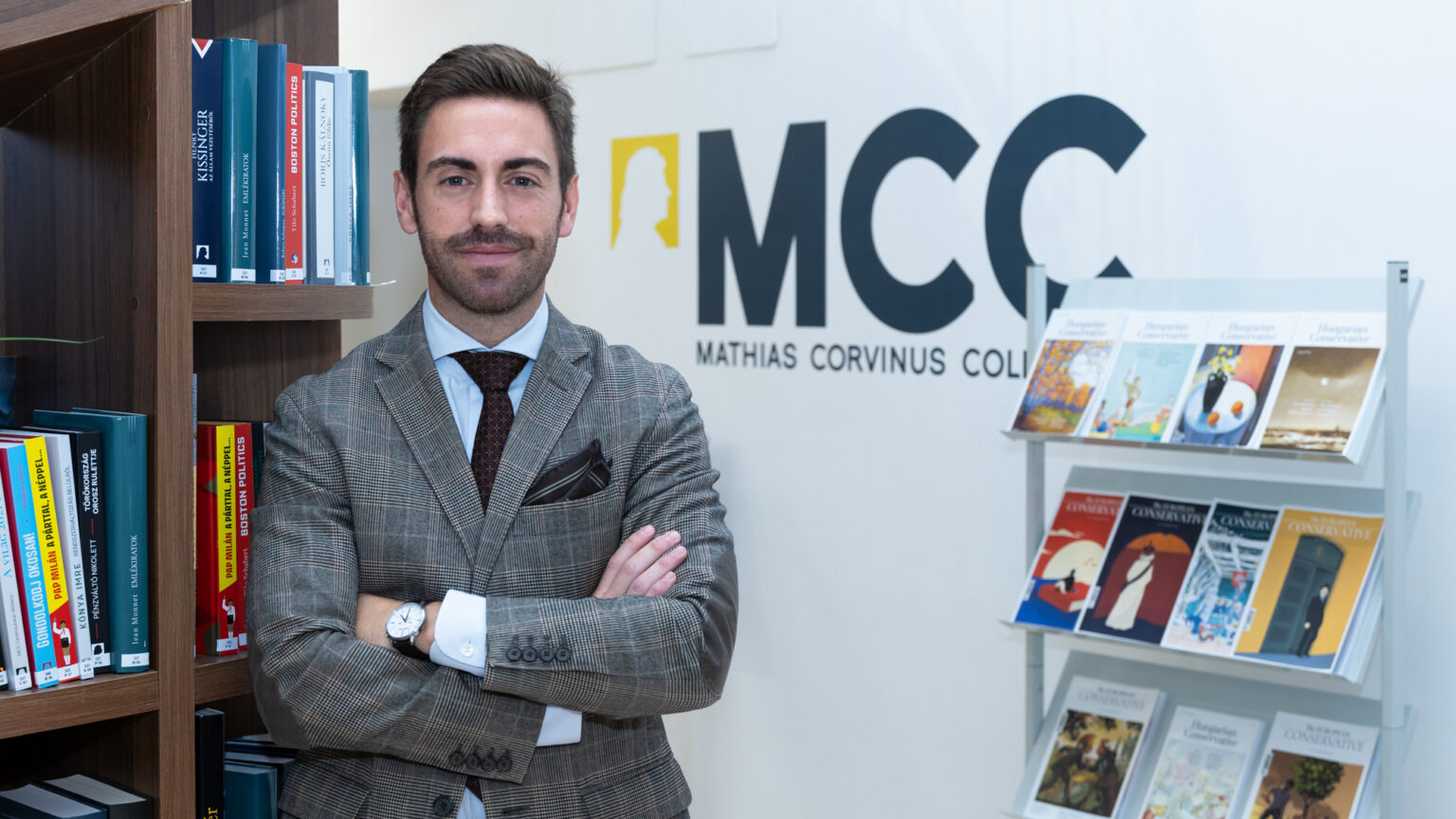
‘Countries like Hungary, Italy, and Poland must lead the way, highlight good practices, and demonstrate how to stop mass and irregular migration,’ Juan Soto Gómez told Hungarian Conservative. The Spanish conservative activist spoke about the chances for the emergence of a broader right-wing movement in Europe and the prospects for a migration reset across the continent.
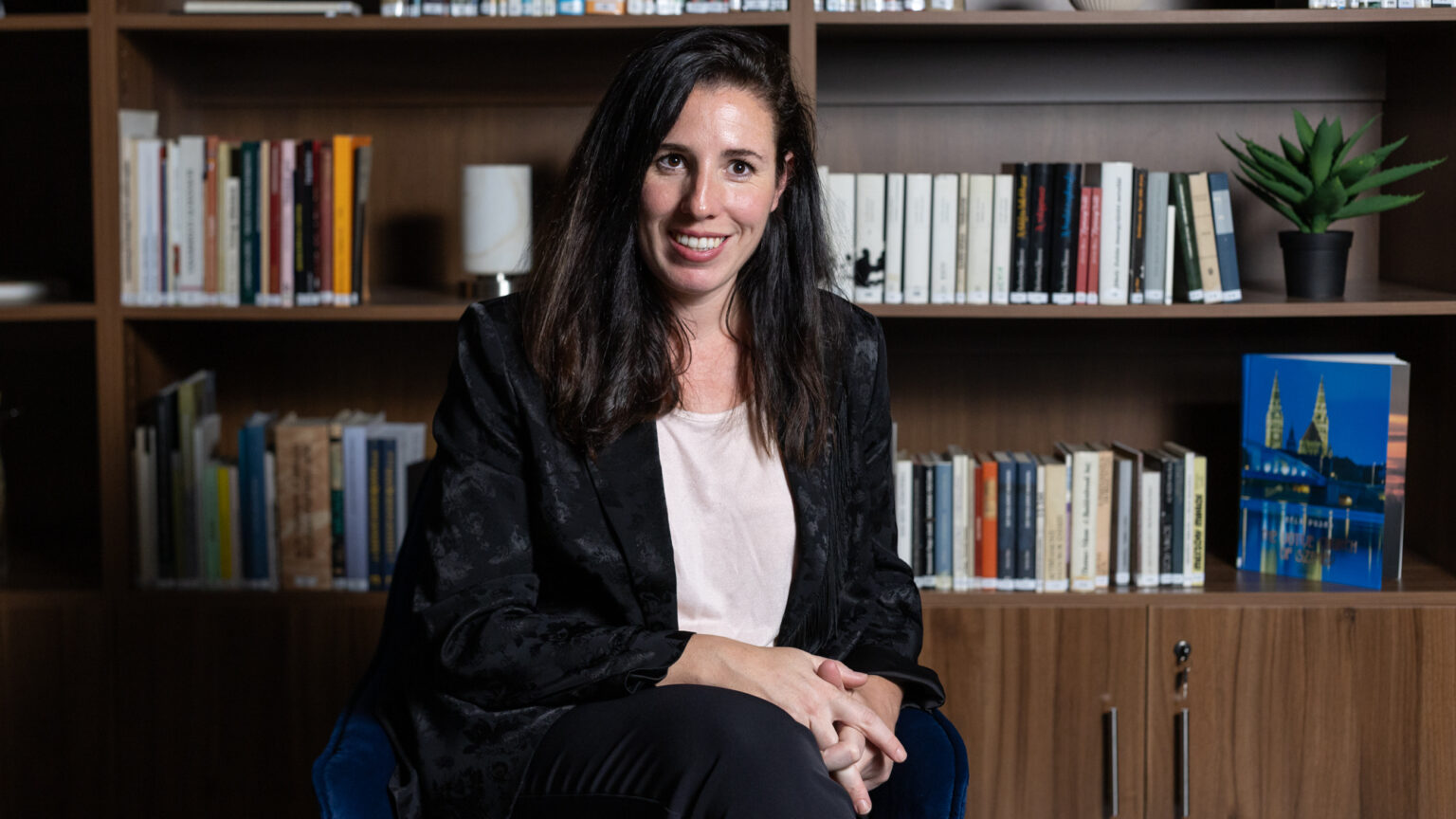
Women in Spain, and in Europe more broadly, are experiencing fear and hostility due to mass migration from cultures that reject women,’ Vox MP Rocío de Meer Méndez told Hungarian Conservative. She also expressed hope in Generation Remigration, stating that the mainstream has turned neighbourhoods into places that ‘no longer feel like our homeland.’
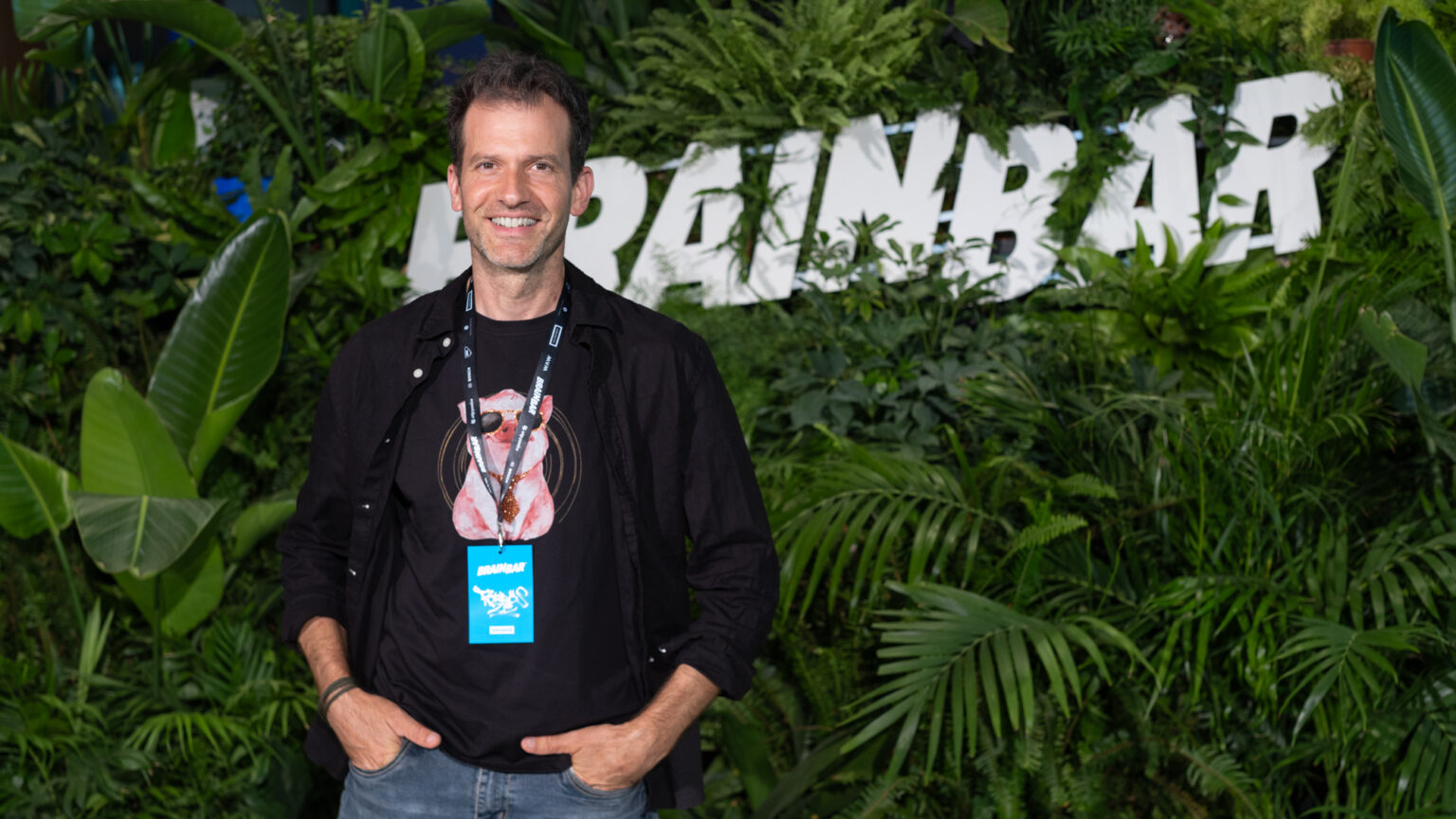
Zé Fördős, one of Hungary’s most recognizable culinary influencers and founder of Street Kitchen, talks about risk-taking, failure, and resilience—from paragliding lessons to business setbacks—and how hitting rock bottom set the stage for success.
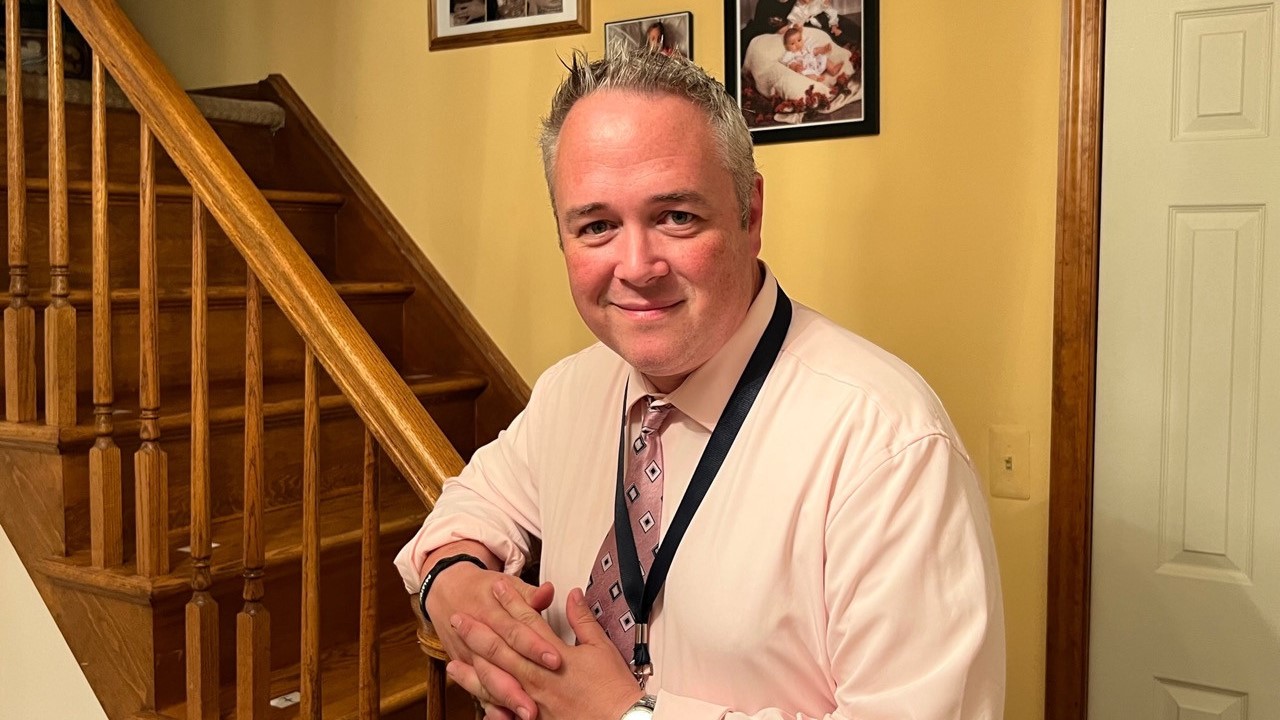
‘While some of our American school friends spent Friday nights socializing, we preferred to dedicate our time to our Hungarian community. Later, my enthusiasm for scouting leadership only grew. I never felt burnt out because I truly loved every task. This was possible because I was surrounded by supportive people who shared my passion.’
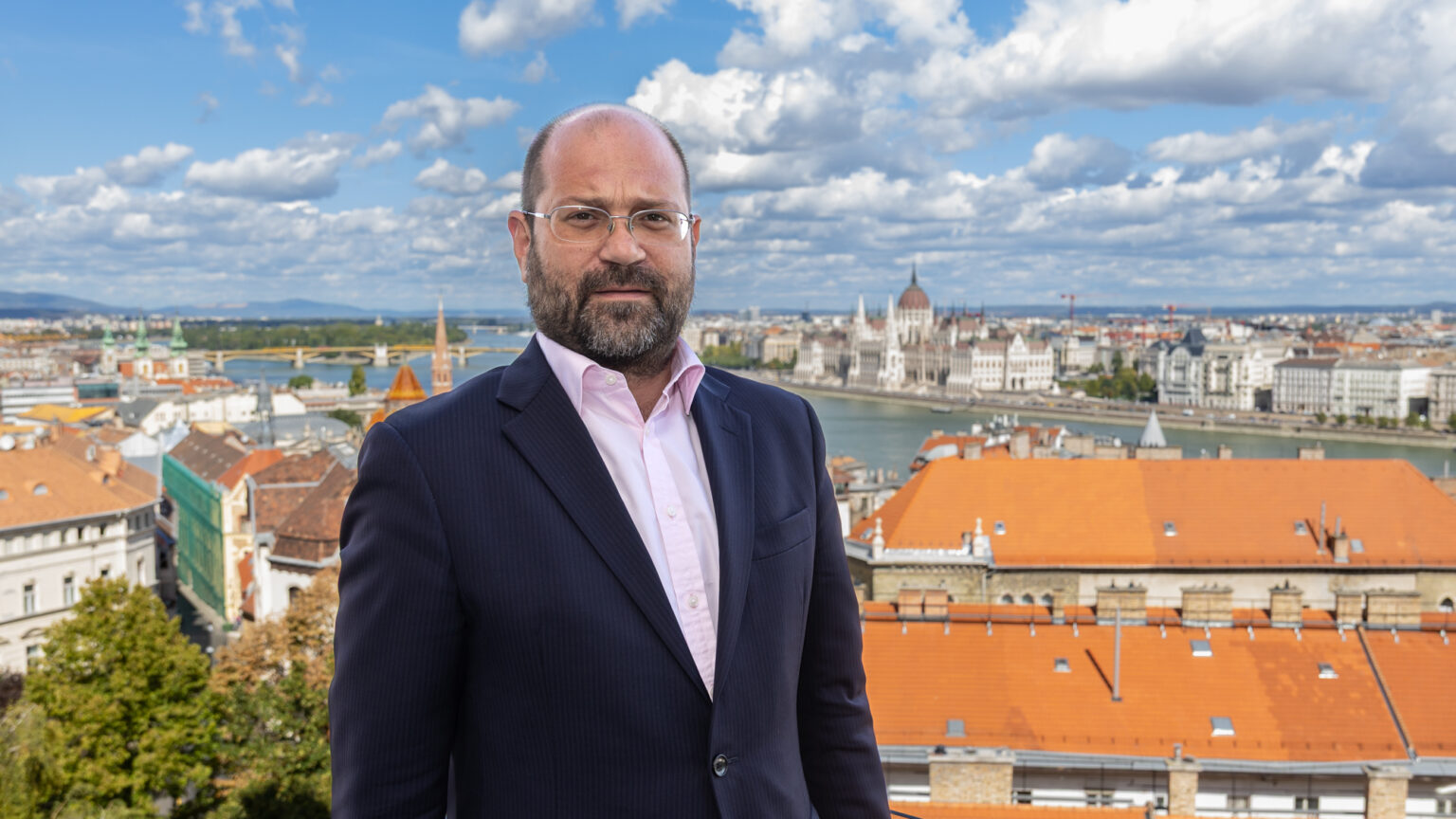
‘The big prize is Azerbaijan, not Armenia,’ Damjan Krnjević Mišković told Hungarian Conservative, describing how the US-brokered peace deal has given Washington unprecedented influence in the South Caucasus.
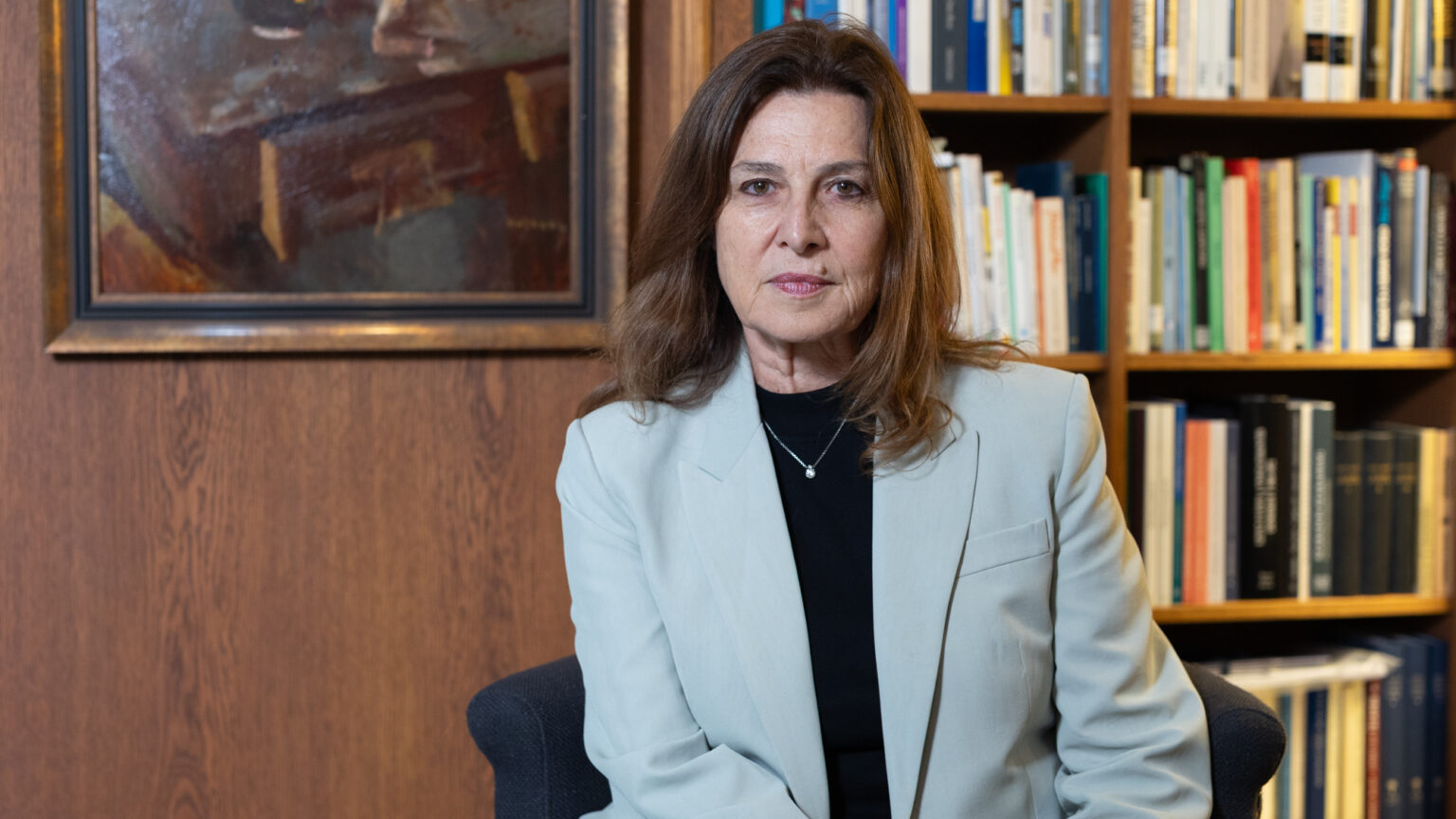
What is Israel planning to do after the Western recognition of Palestine? Will there be a point when Washington doesn’t back Israel further? Why has the Hungarian government become a pro-Israeli government? We spoke with the former Political Director of the Israeli Ministry of Foreign Affairs about the fragile situation of the Jewish state at the Danube Institute’s Geopolitical Summit in Budapest.
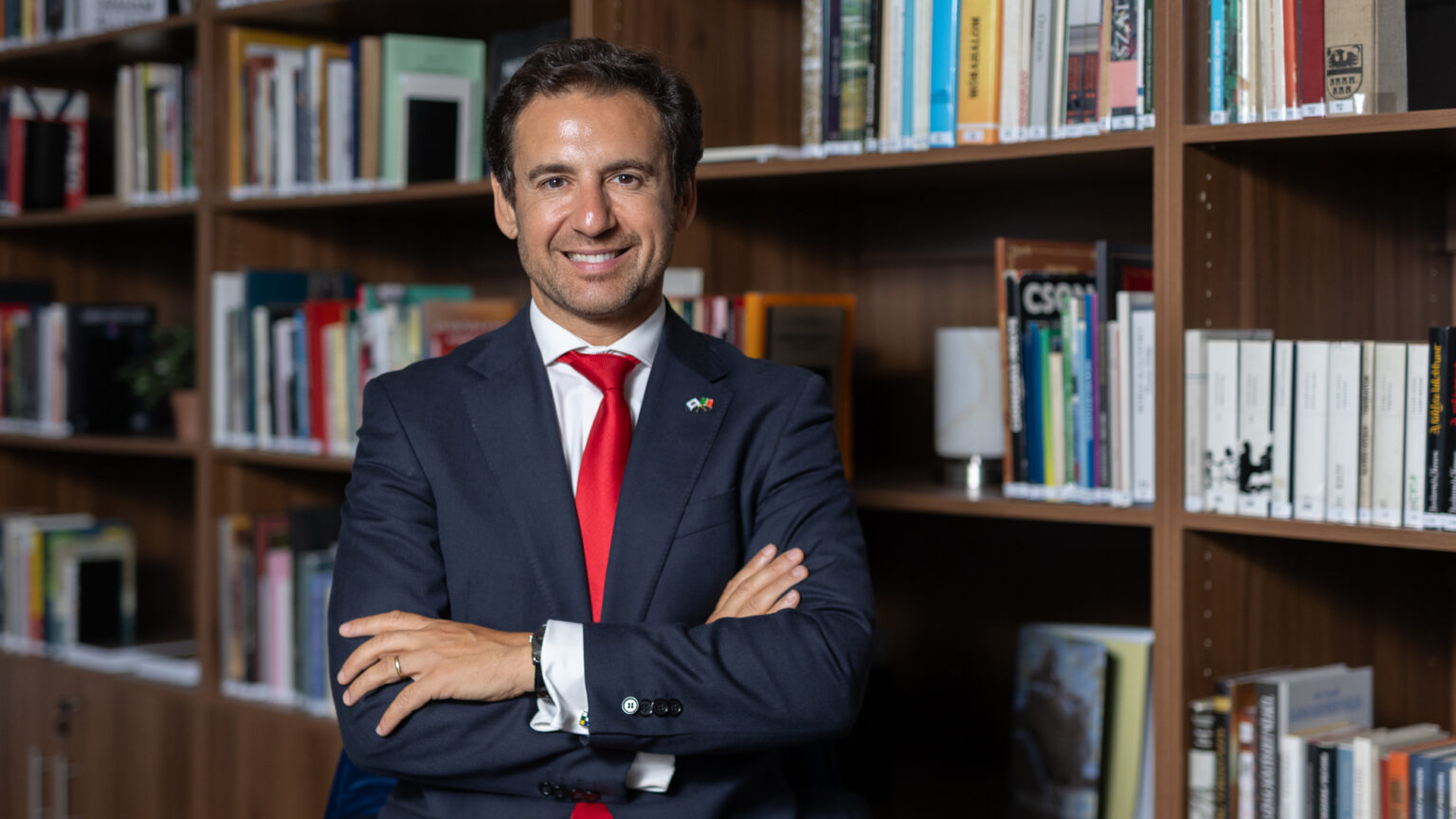
‘I fear we are very close to the point of no return—and that at some point we will have to reconquer our own territory by force,’ Chega Vice President Pedro Dos Santos Frazão told Hungarian Conservative. He urged for remigration and sectoral admission quotas as urgent, pragmatic defences against parallel societies and the erosion of public order.
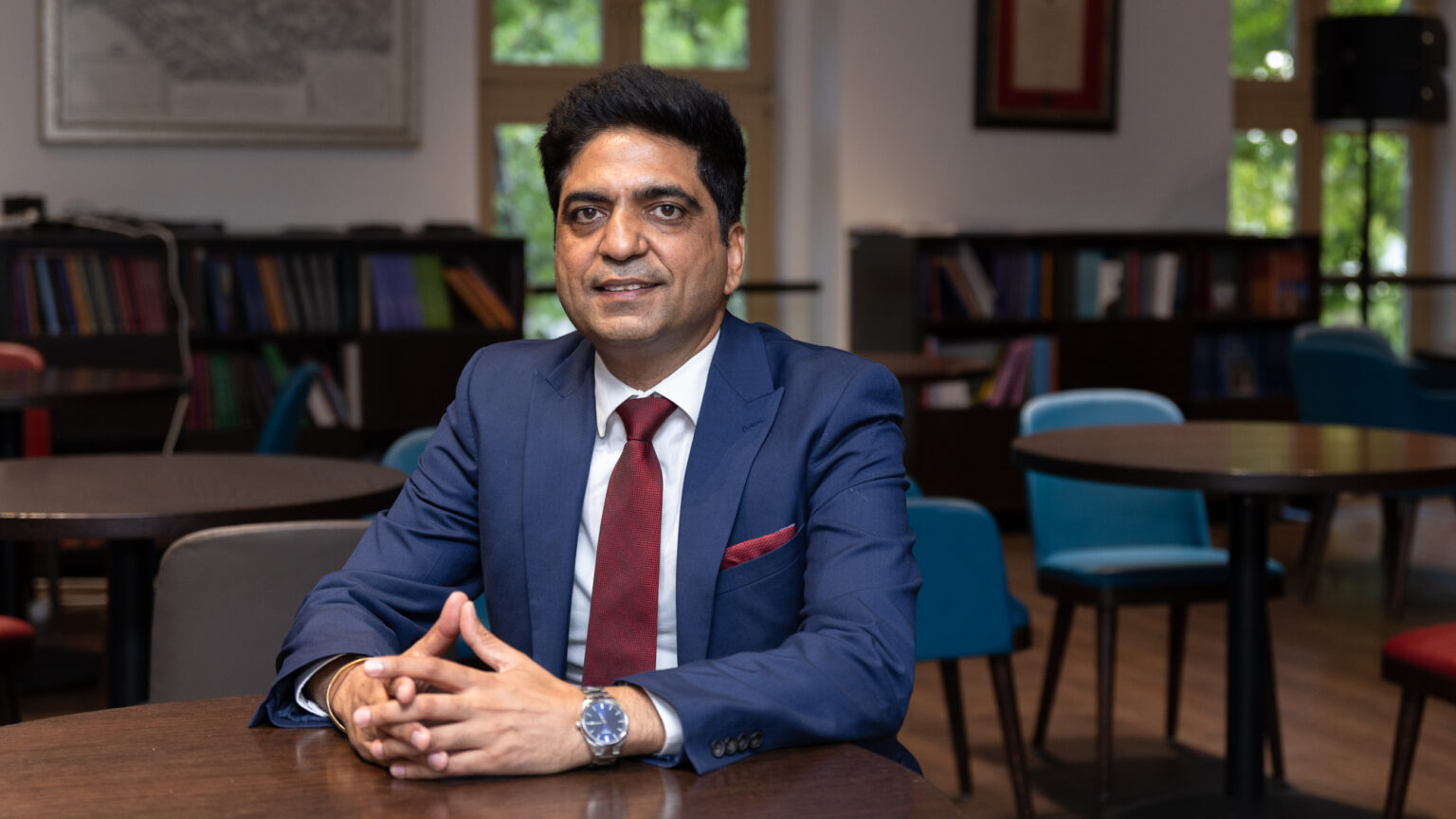
Is India capable of disconnecting from Russian resources? Is India giving up its neutrality to side with China and Russia instead of the US? Is India competing with or complementing China? We asked a prominent Indian economics researcher about the perspectives of their giant economy.
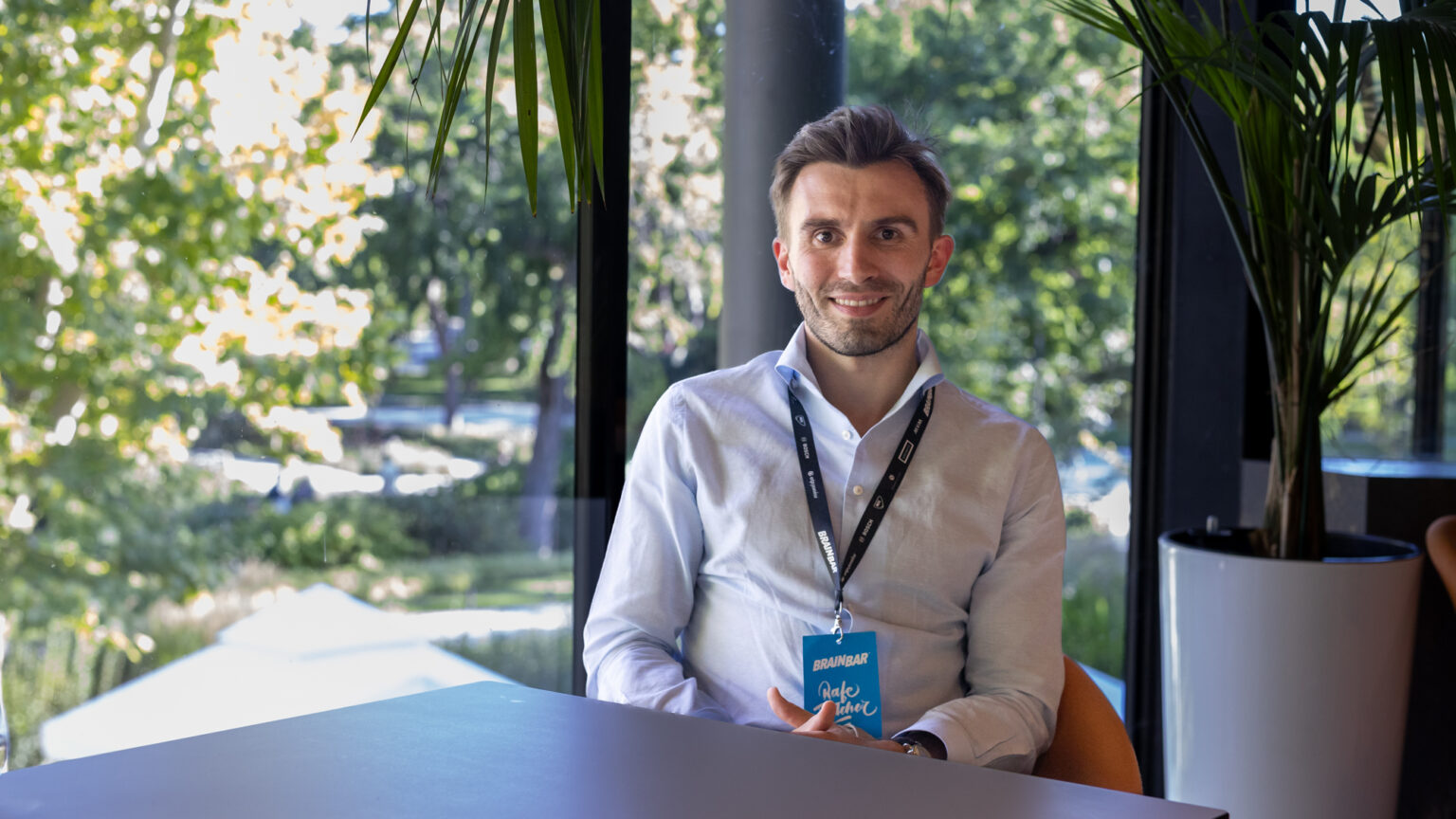
At Brain Bar 2025, Hungarian Conservative sat down with Rafe Fletcher, founder of Coulthwaite Group, to discuss his unconventional journey from UK sports journalism to leading marketing and communications in Singapore—where he now focuses on governance, efficiency, and fostering societal responsibility.
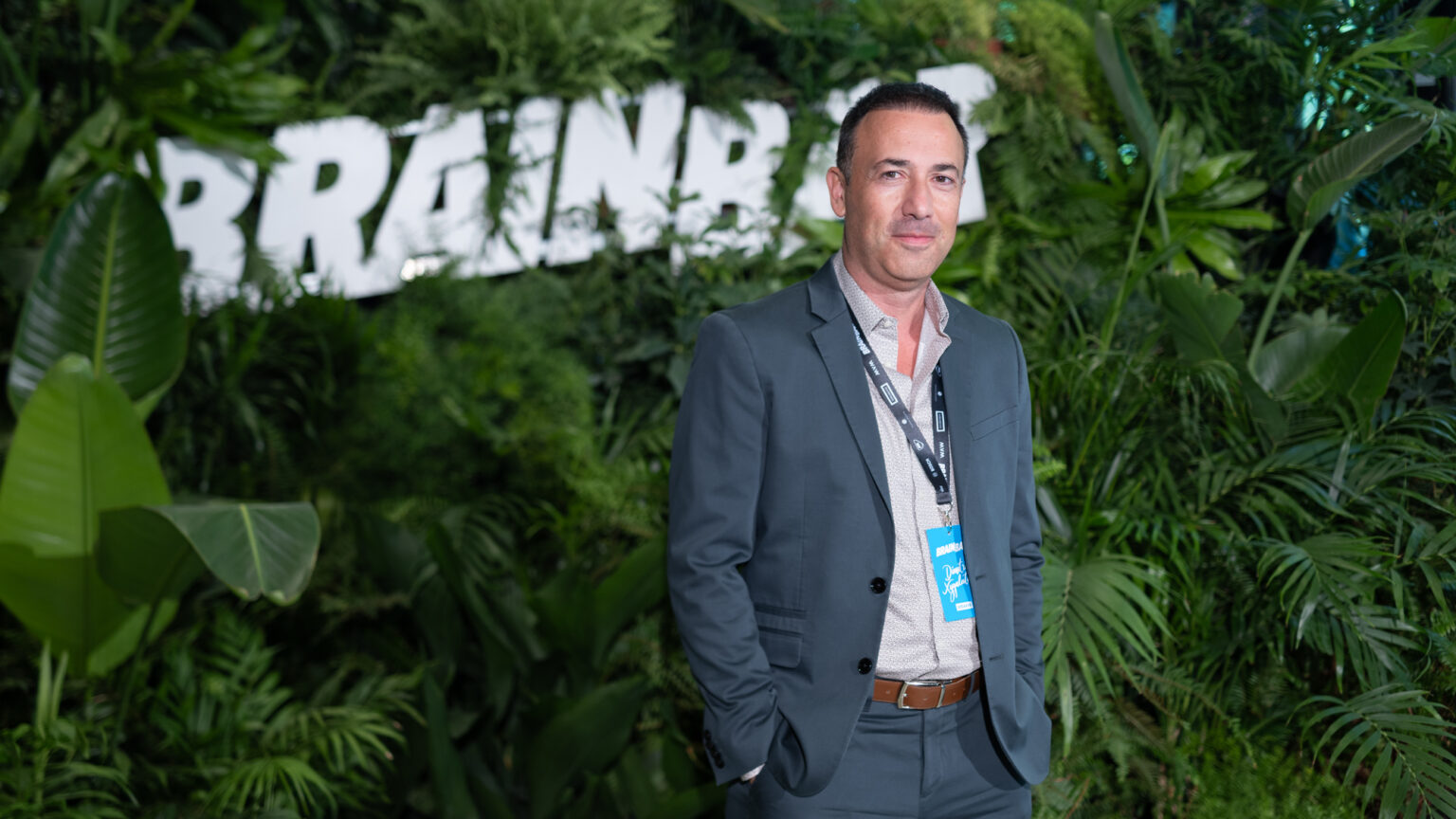
At Brain Bar 2025, anthropologist Dimitris Xygalatas spoke with Hungarian Conservative about why rituals—from birthdays to firewalking—are far from meaningless. In an increasingly digital world, he explains, these embodied acts foster comfort, bonding, and identity, and remain essential to the human experience.
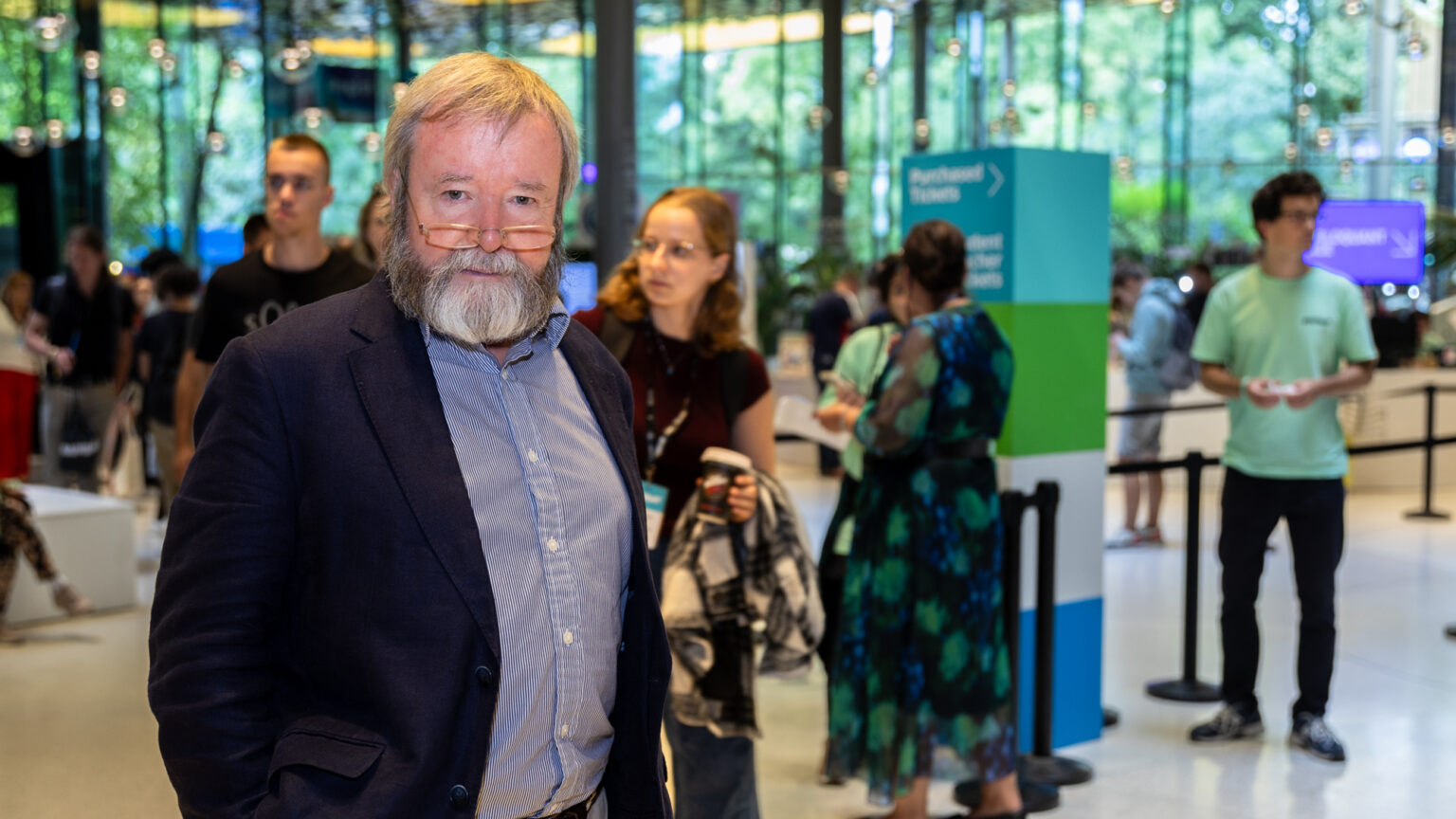
Western civilization is at risk of repeating Rome’s fate, argues Iain McGilchrist. Speaking to Hungarian Conservative at Brain Bar 2025, the renowned psychiatrist warned that dominance of the left hemisphere produces power obsession, woke intolerance, and technological servitude. Only a revival of wisdom, culture, and community can restore balance.
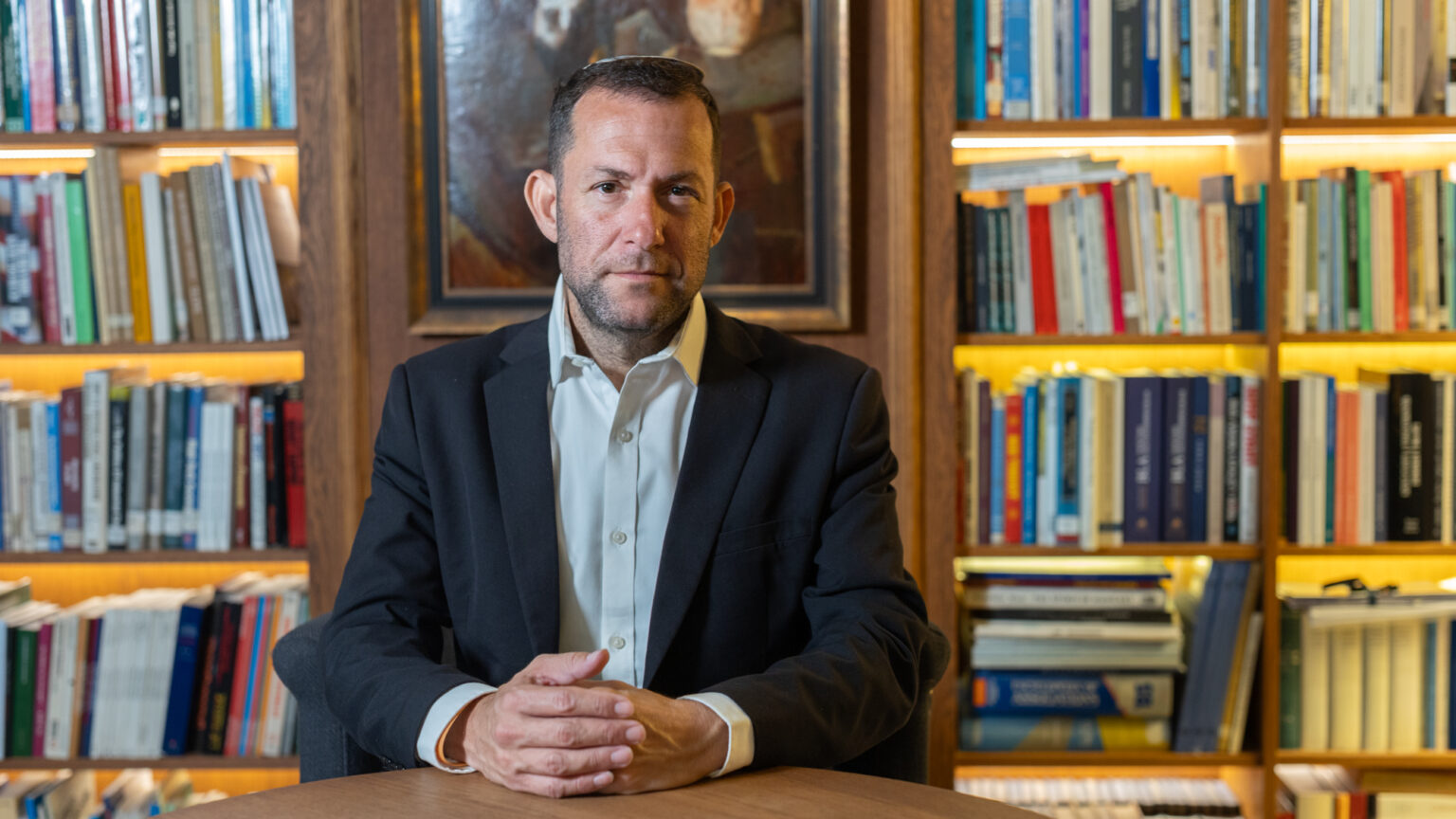
Do the Palestinians have a right to form a state? If a one-state solution were implemented, what would happen to the Palestinian population? Why is compromise impossible with Hamas and the Palestinian Authority? We asked the head of the Shomron Regional Council—the de facto leader of the Jewish settlers in Judea and Samaria—about the fading prospects of the two-state solution.
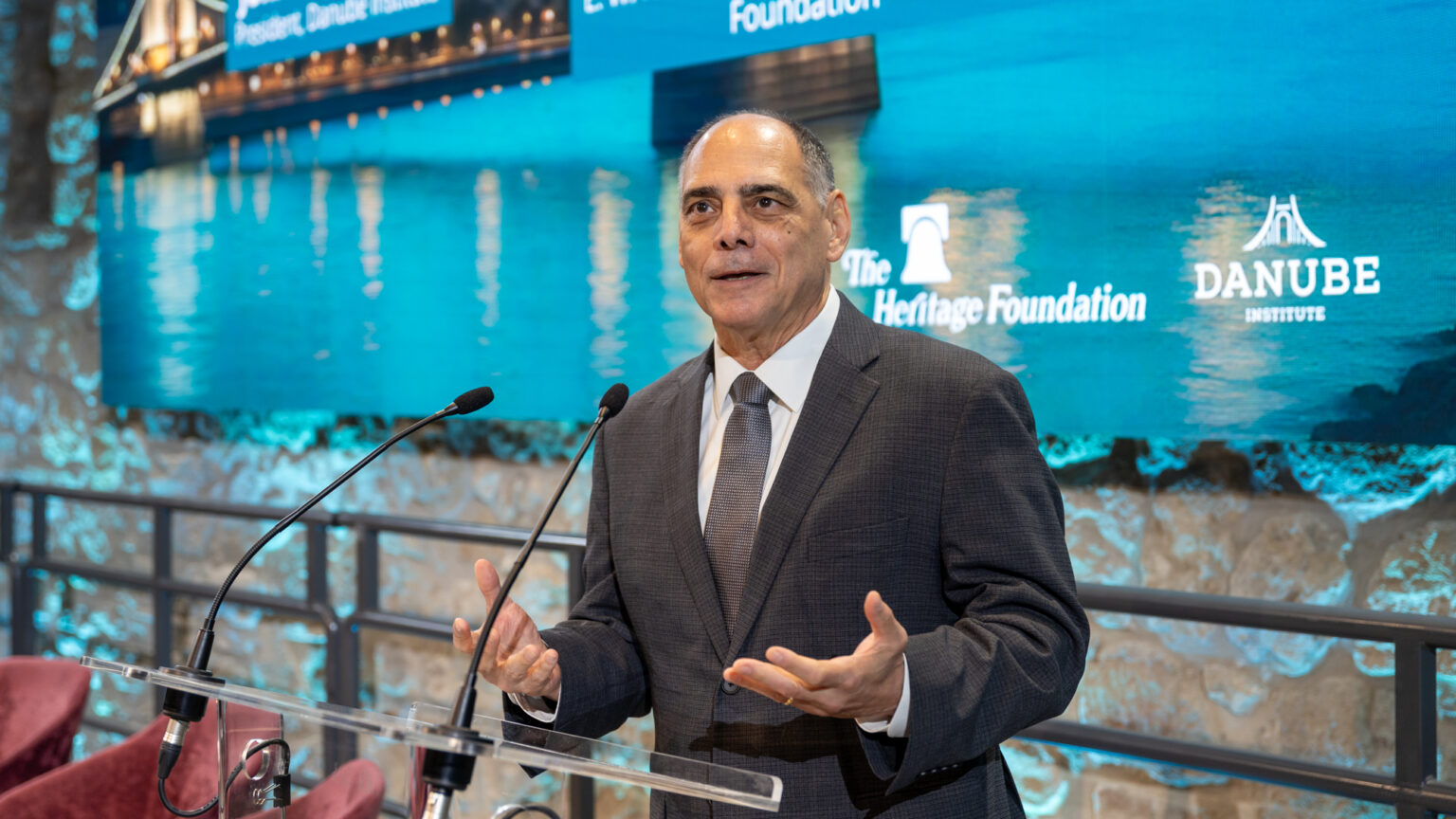
At the 5th Geopolitical Summit in Budapest, hosted by the Danube Institute and The Heritage Foundation, we spoke with a leading policy strategist about the collapse of liberal institutionalism, the rise of sovereign realism, and the future of conservative foreign policy. As global power shifts, how can nations preserve sovereignty in an era of deep uncertainty?
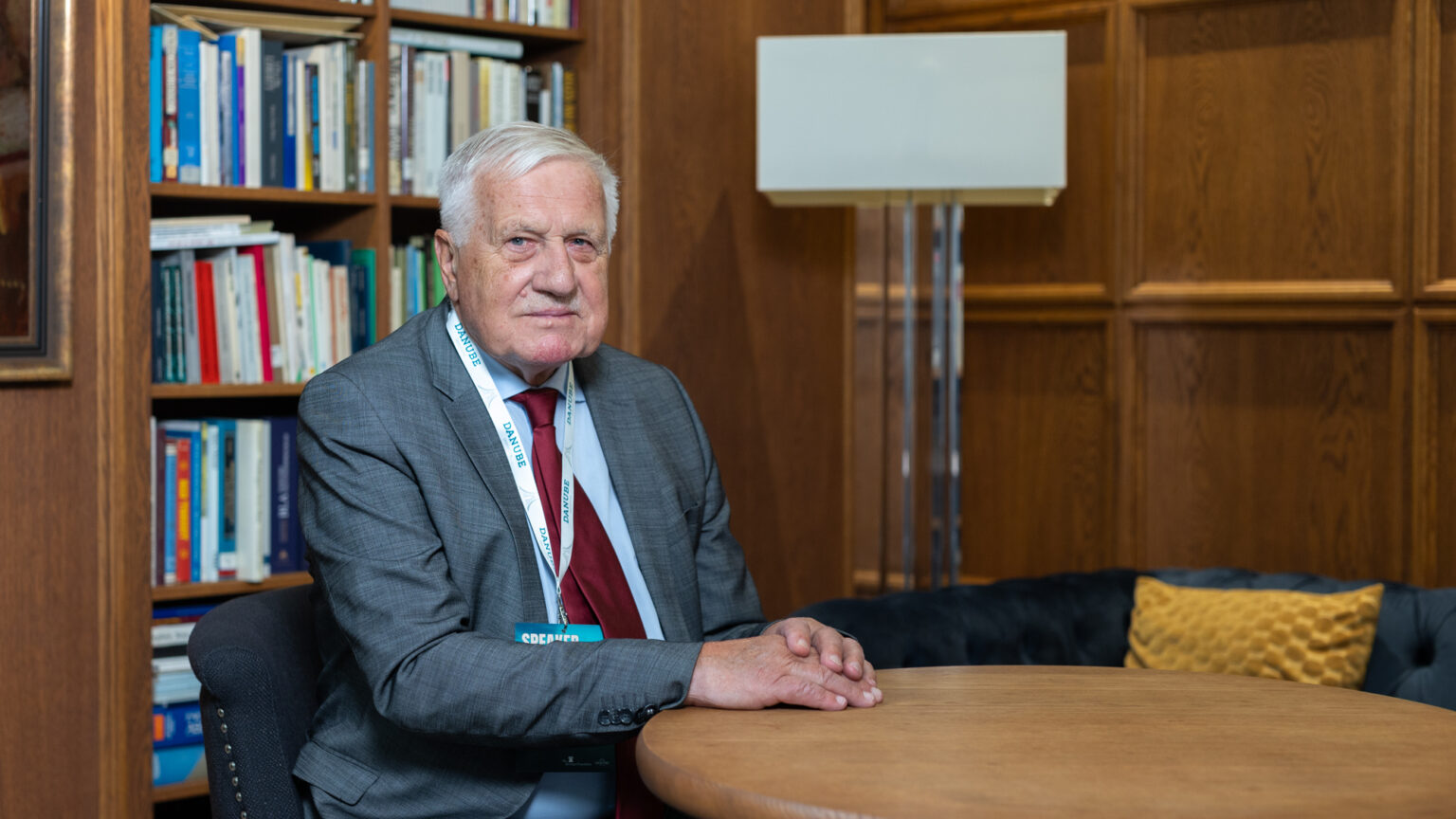
‘Globalization is, for me, not a well-defined term…It’s a journalistic word. So I would prefer talking about the differing levels of internationalization of the world economy, which is a legitimate topic. To say that there was an era of globalization and there is a new era of post-globalization is, for me, nonsense.’
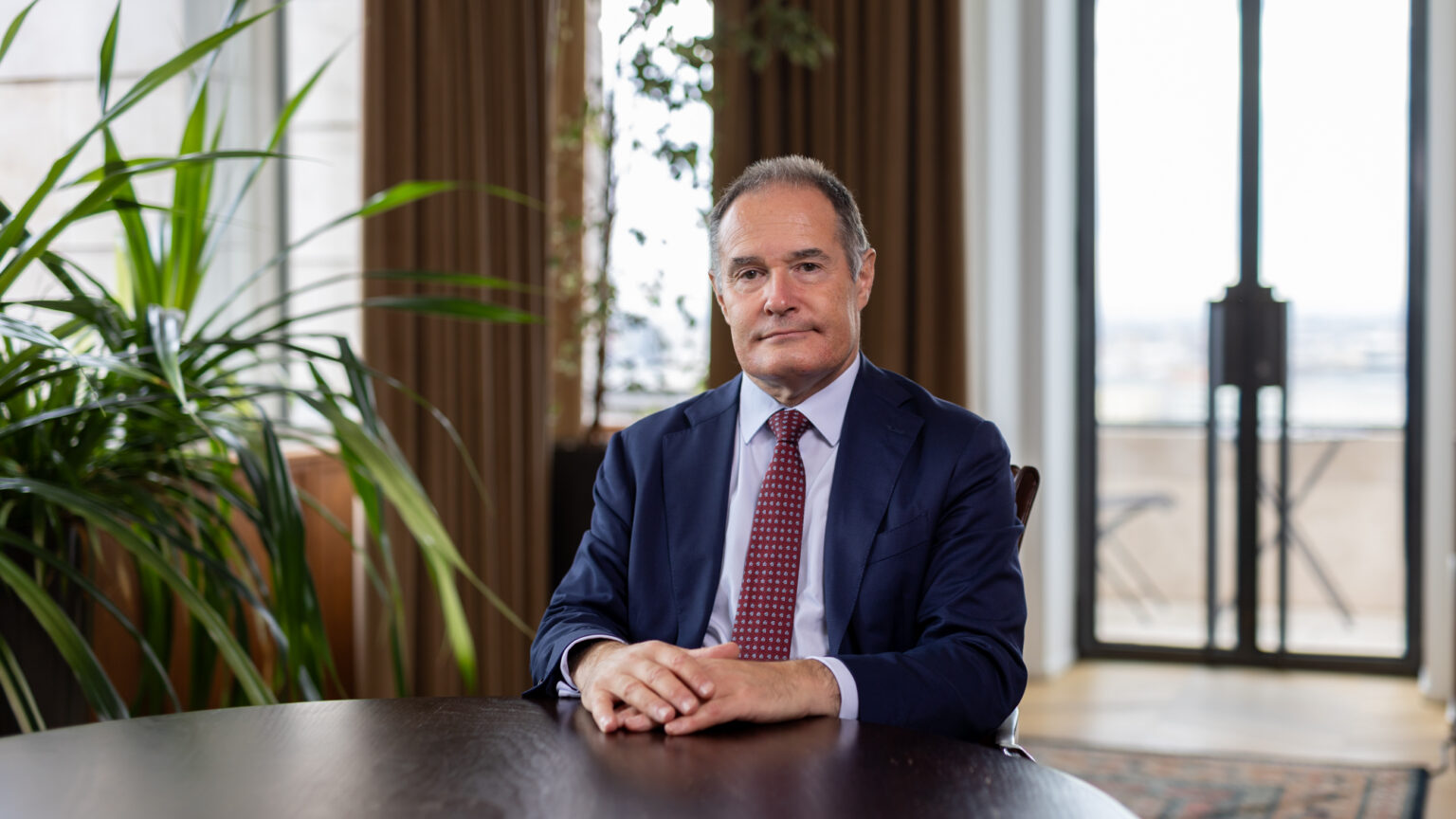
‘There is not much time left to save France, to restore our European nations—but the people are there, ready for change,’ Fabrice Leggeri told Hungarian Conservative. The former head of Frontex, now serving as a Member of the European Parliament for France’s National Rally, expressed confidence in the rise of patriotic forces and their ability to represent the will of the people across the EU.
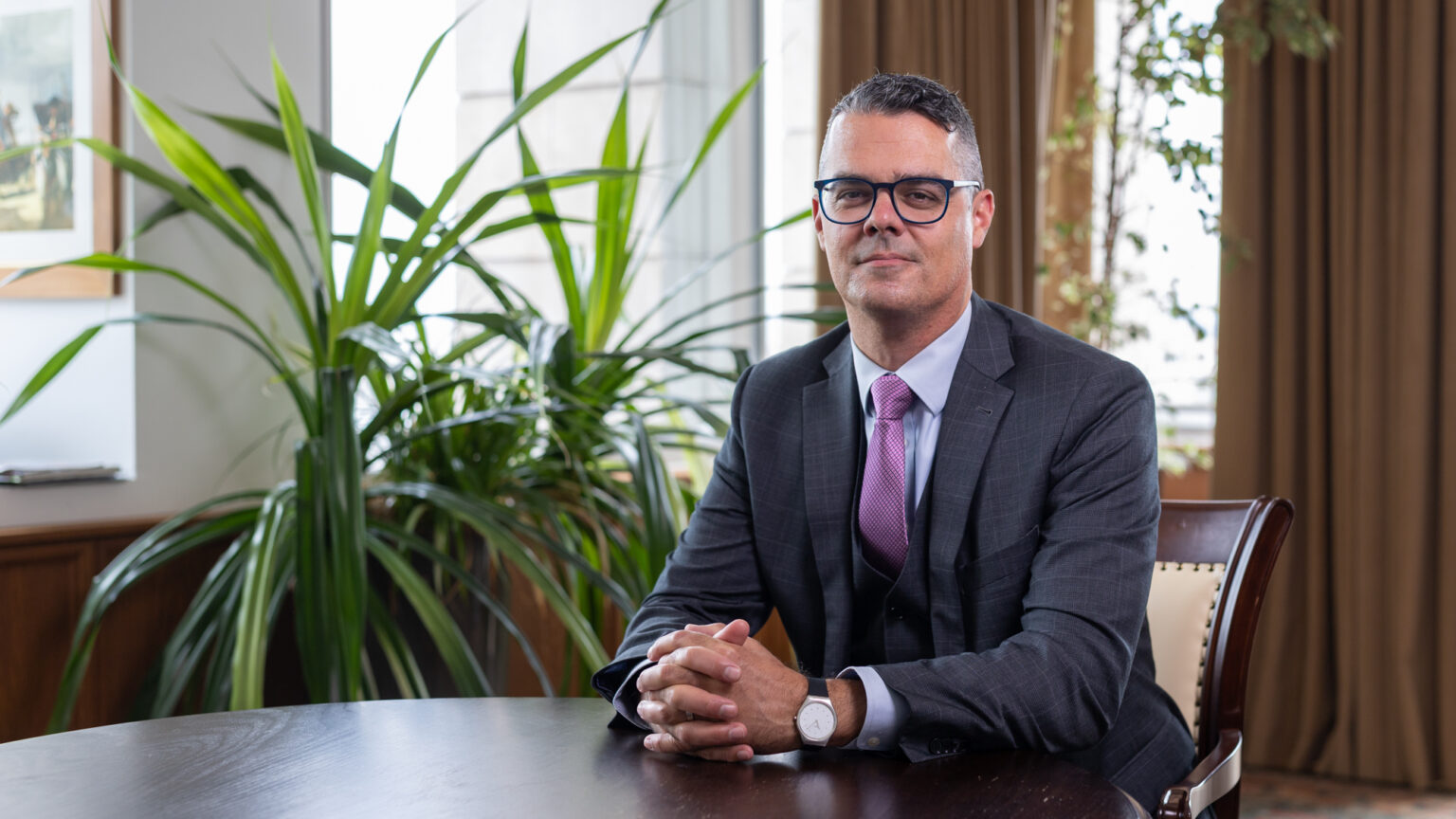
Justin Logan told Hungarian Conservative that NATO is entering a new era where Europe must provide for its own security. With the US unwilling to give Ukraine ironclad guarantees and Russia grinding forward, he warned that European pledges will mean little unless backed by real force.
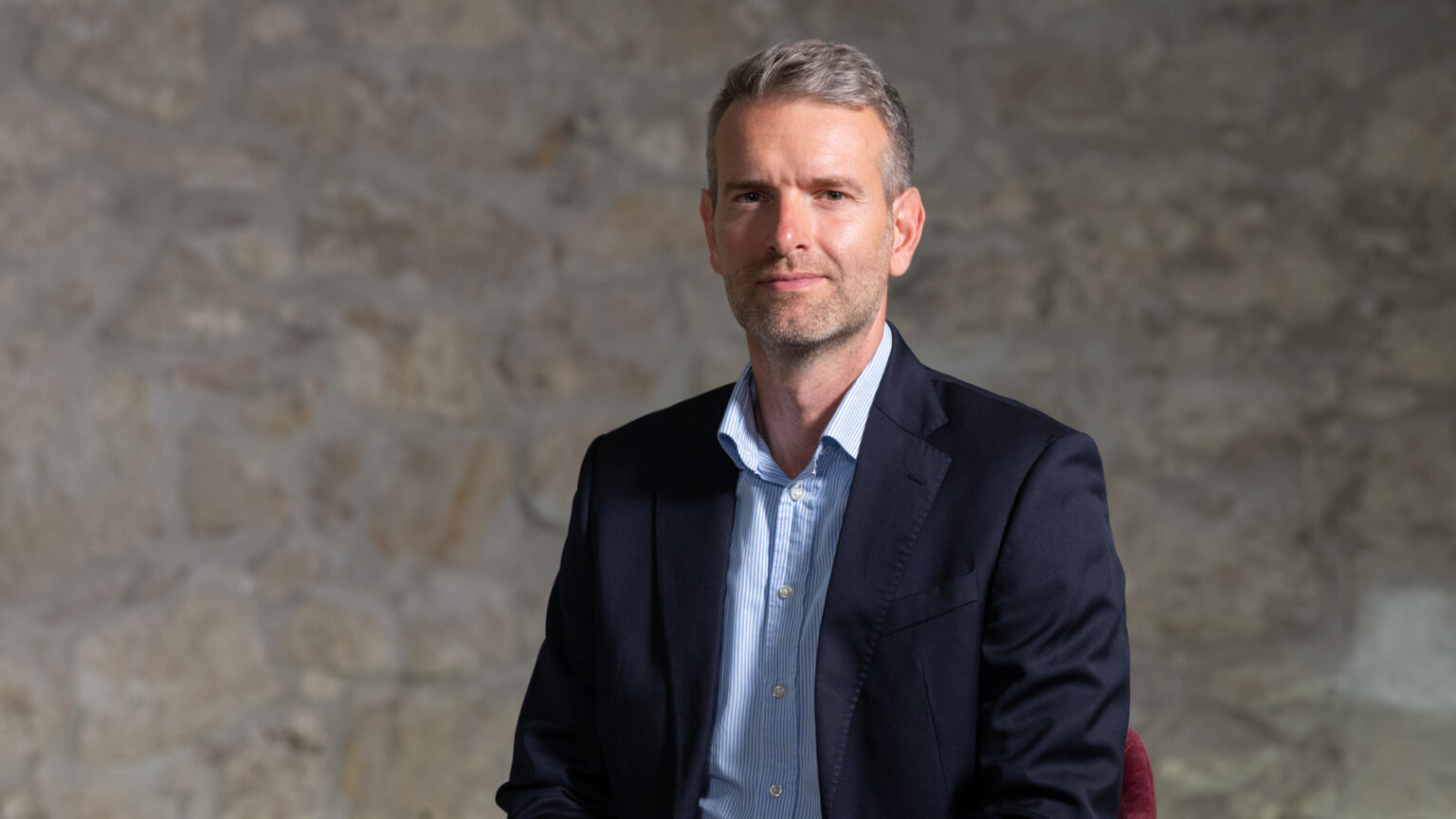
Has Hungary made efforts to diversify its energy resources since 2022? What alternative energy supply routes does Hungary have? What will Hungary do if Donald Trump asks it to stop buying Russian oil? We spoke with the Hungarian State Secretary for Energy about Hungary’s energy policy.
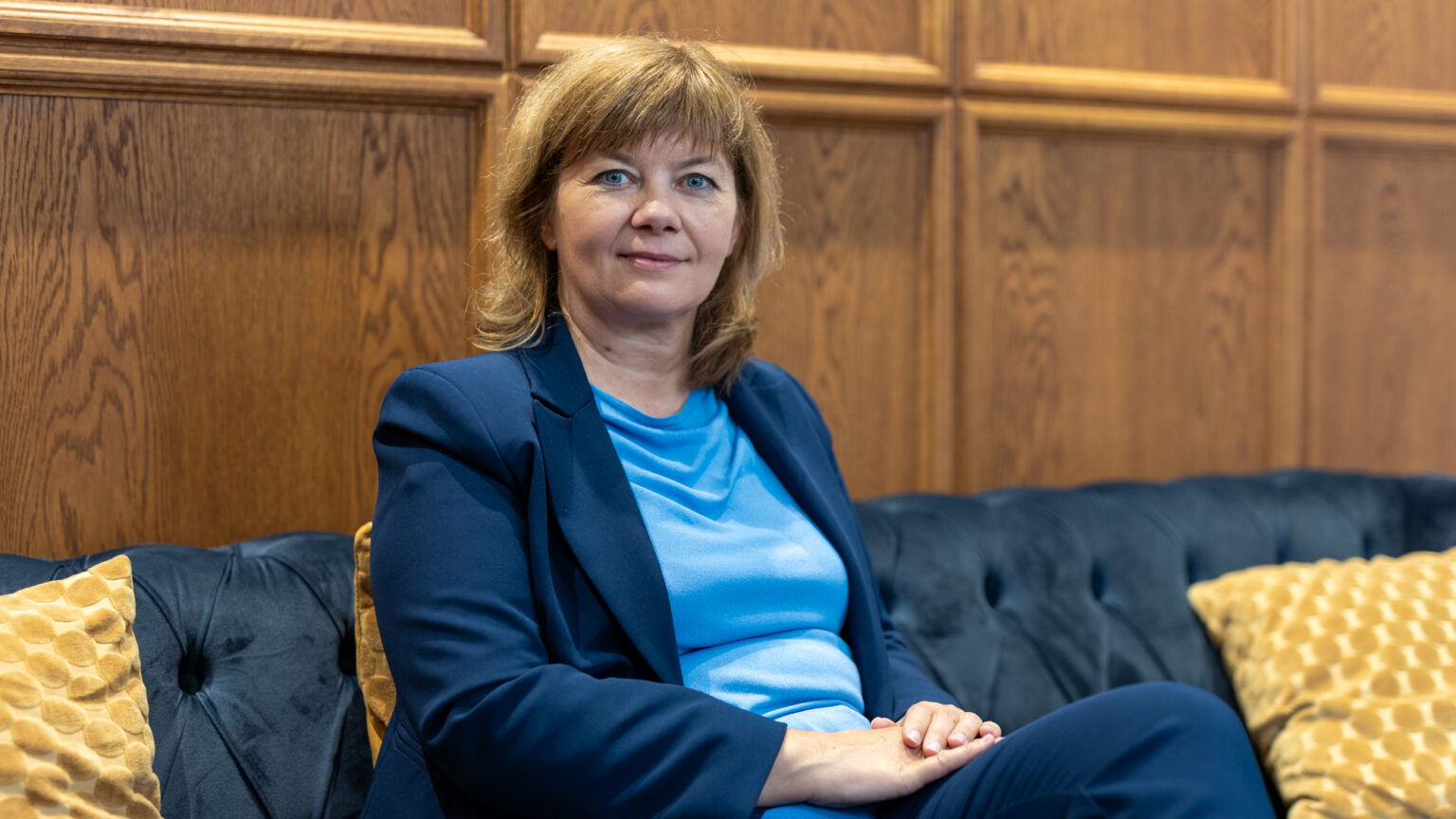
Trade is now diplomacy, and connectivity is diplomacy—like the IMEC corridor linking Asia and Europe. We can’t go back to old systems; instead, we must build a new order based on diplomacy, trade, and connectivity, preserving capitalism while fostering cooperation amid global challenges, Member of the Italian Chamber of Deputies Isabella De Monte told our site in an exclusive interview.
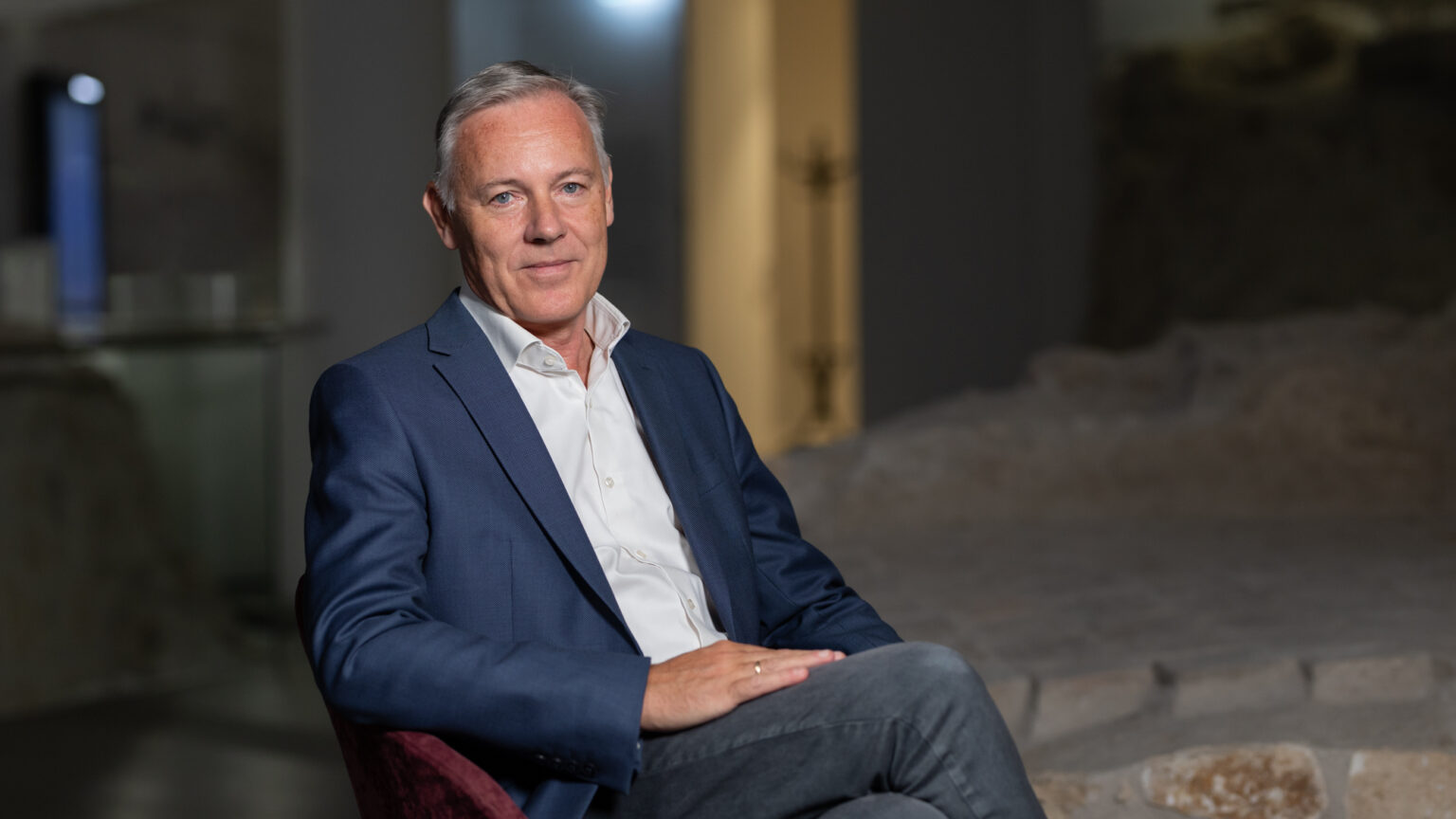
What is at stake in the upcoming Hungarian parliamentary election? What is the importance of Hungary in Europe? Why do European institutions continuously criticize the policies of Fidesz? We asked the Head of the Media School at Mathias Corvinus Collegium about the tense political landscape in Hungary.
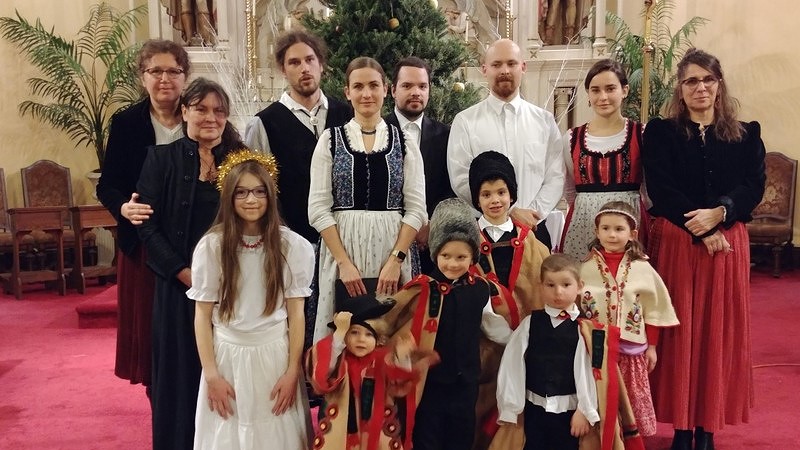
‘I walked into the Garfield Scout House and enthusiastically presented my plans—singing, reciting poetry, reading, and analyzing short stories and poems. I was surprised at how excited the second- and third-generation youth became…They were genuinely interested because they had grown up hearing these stories.’